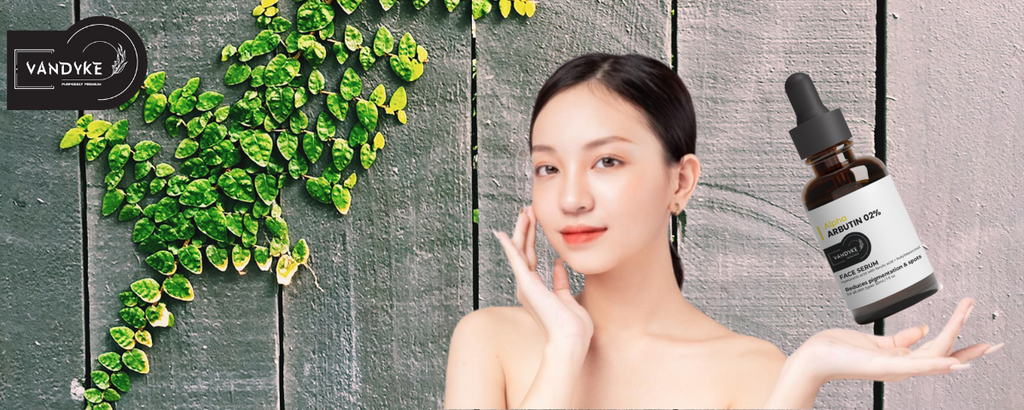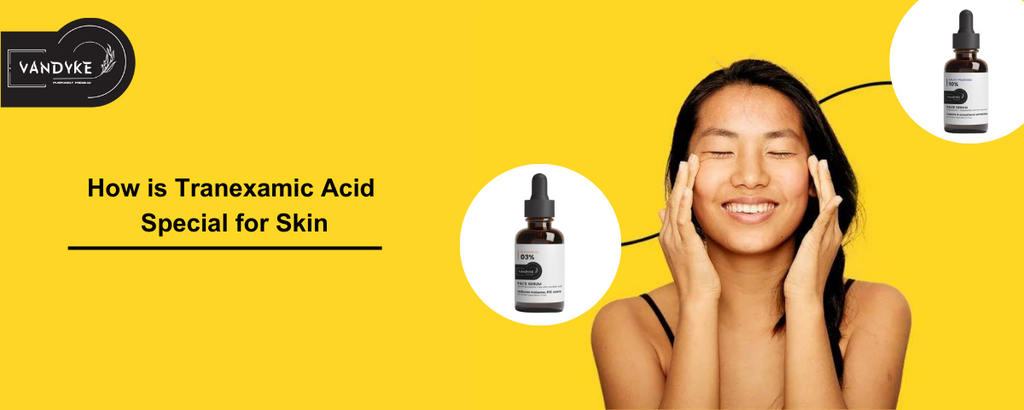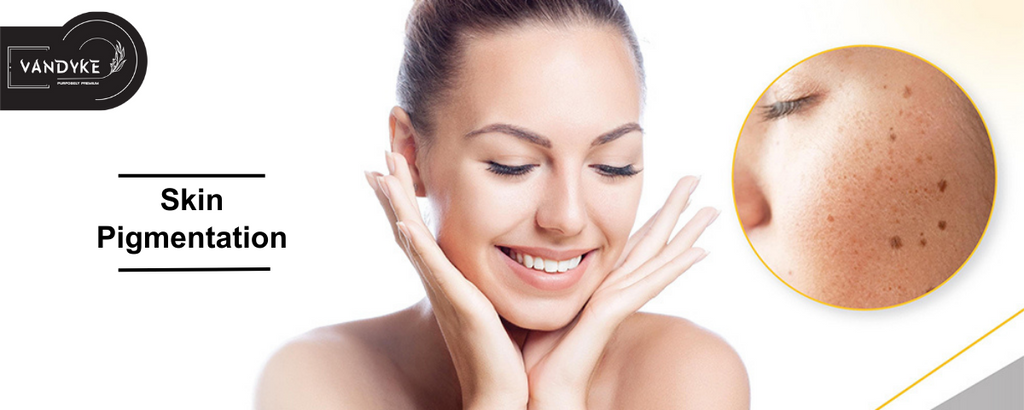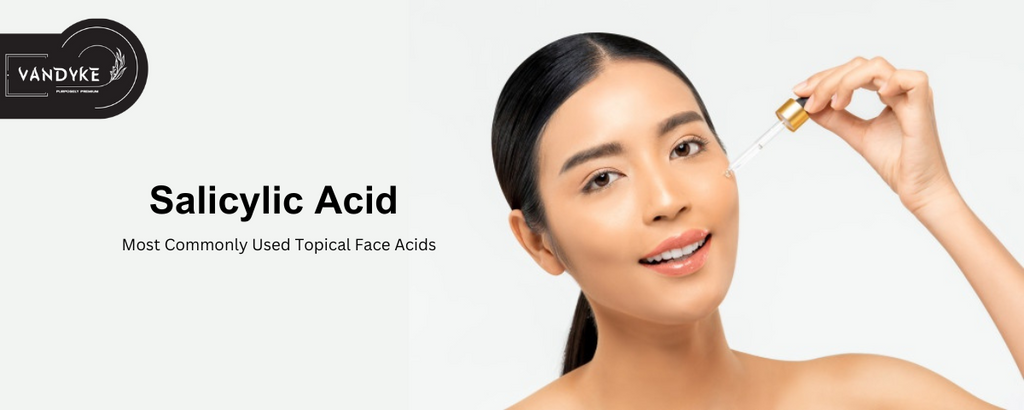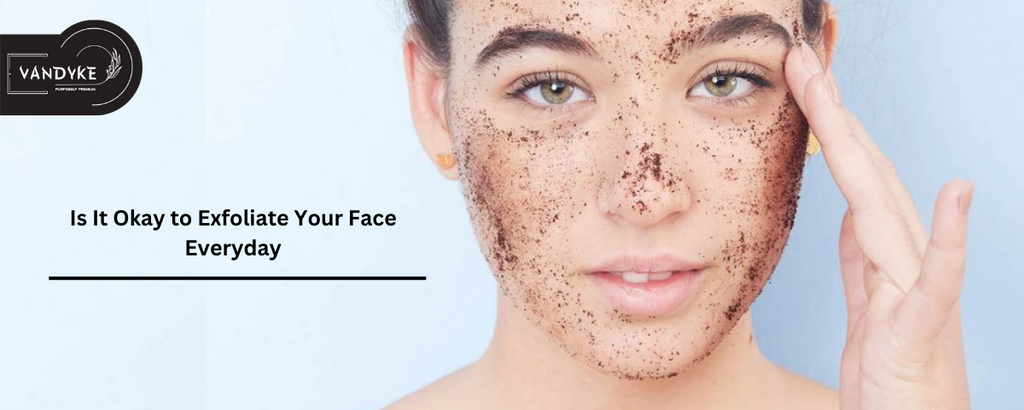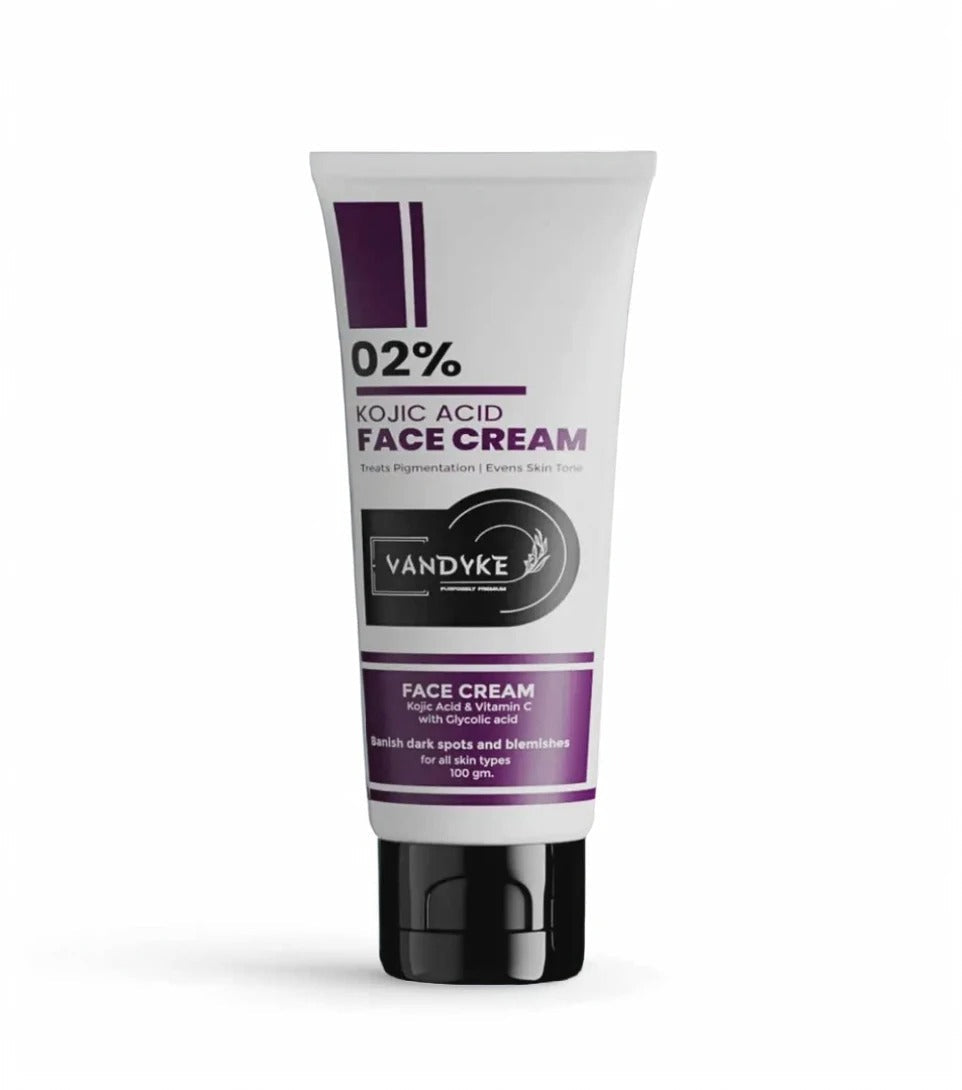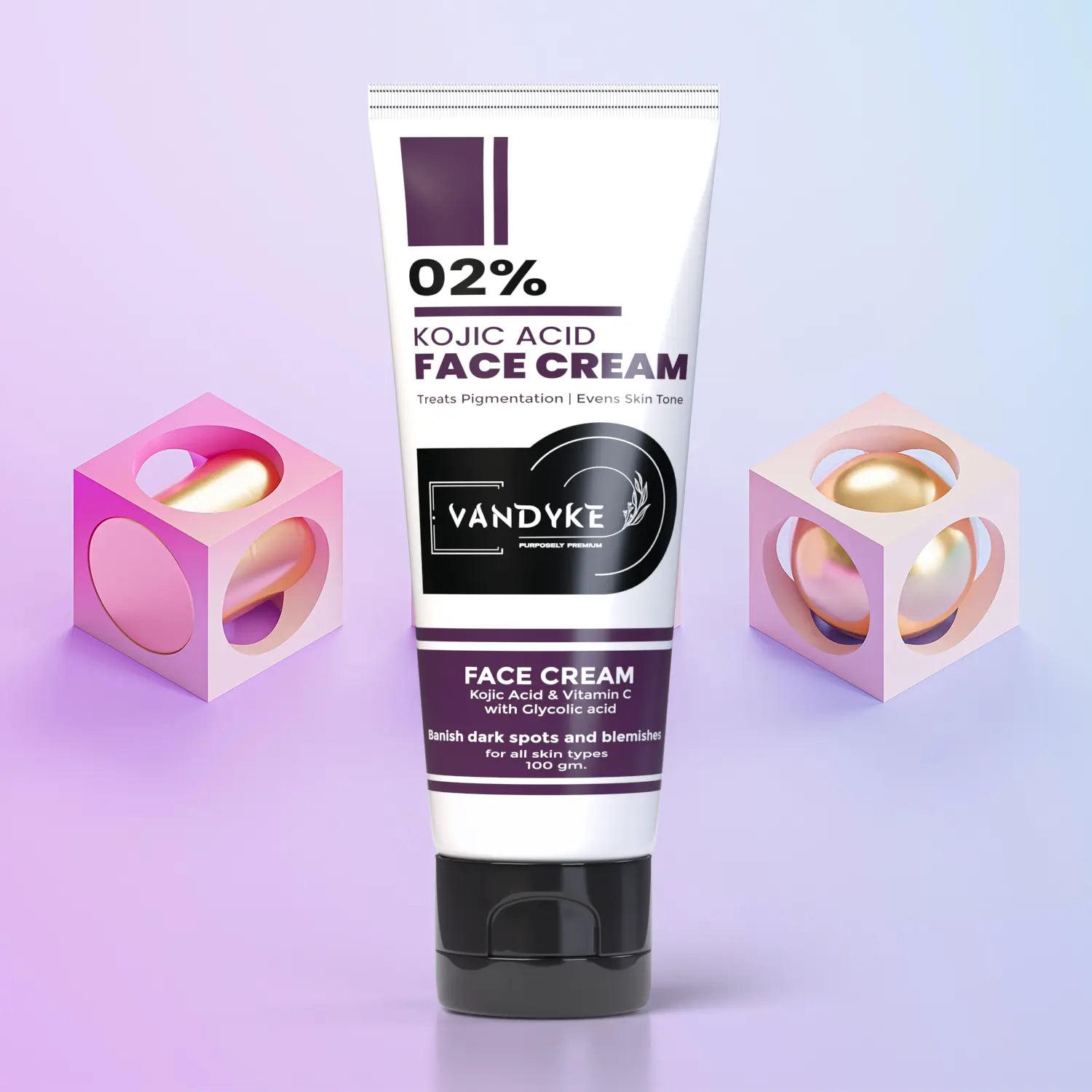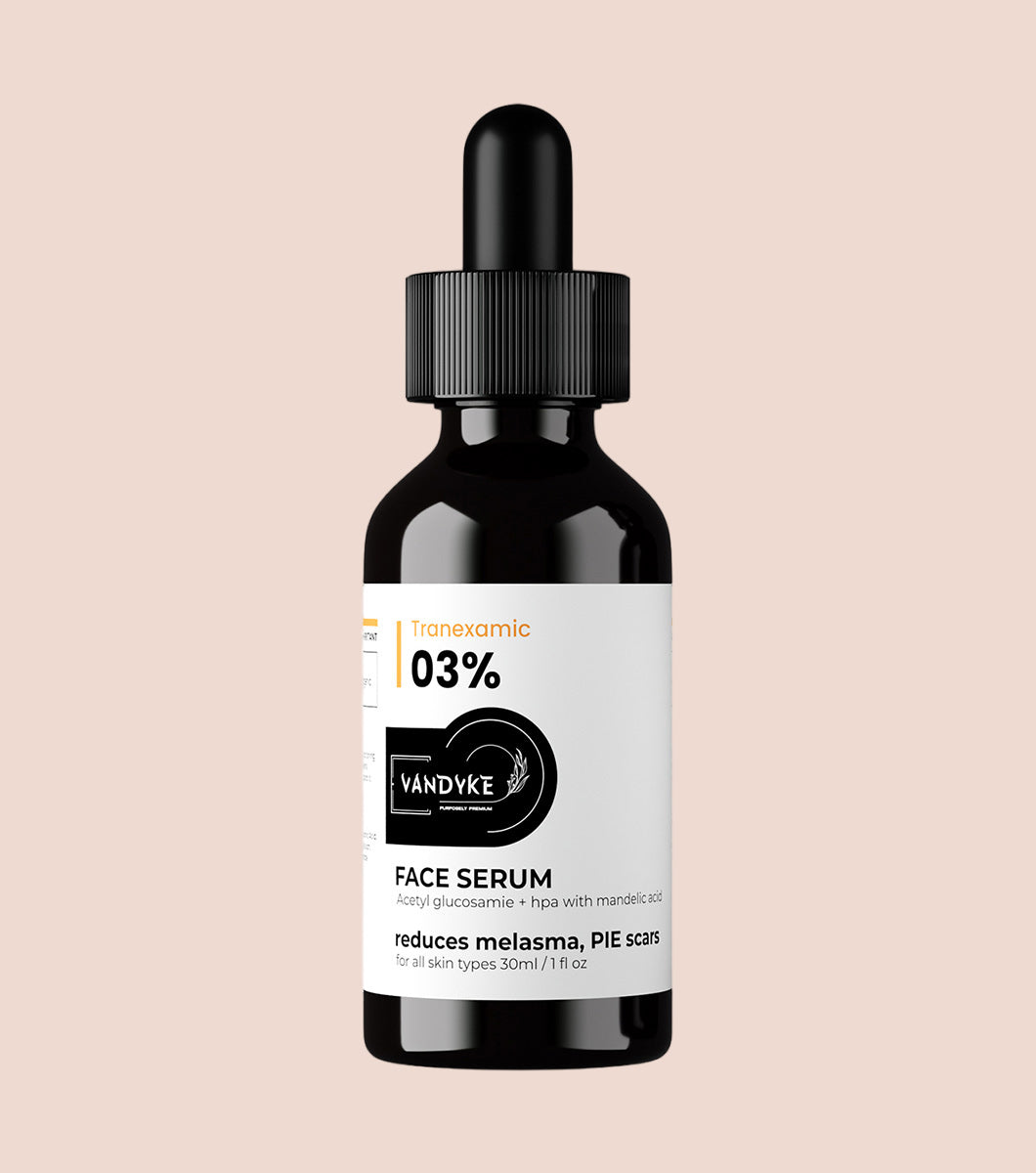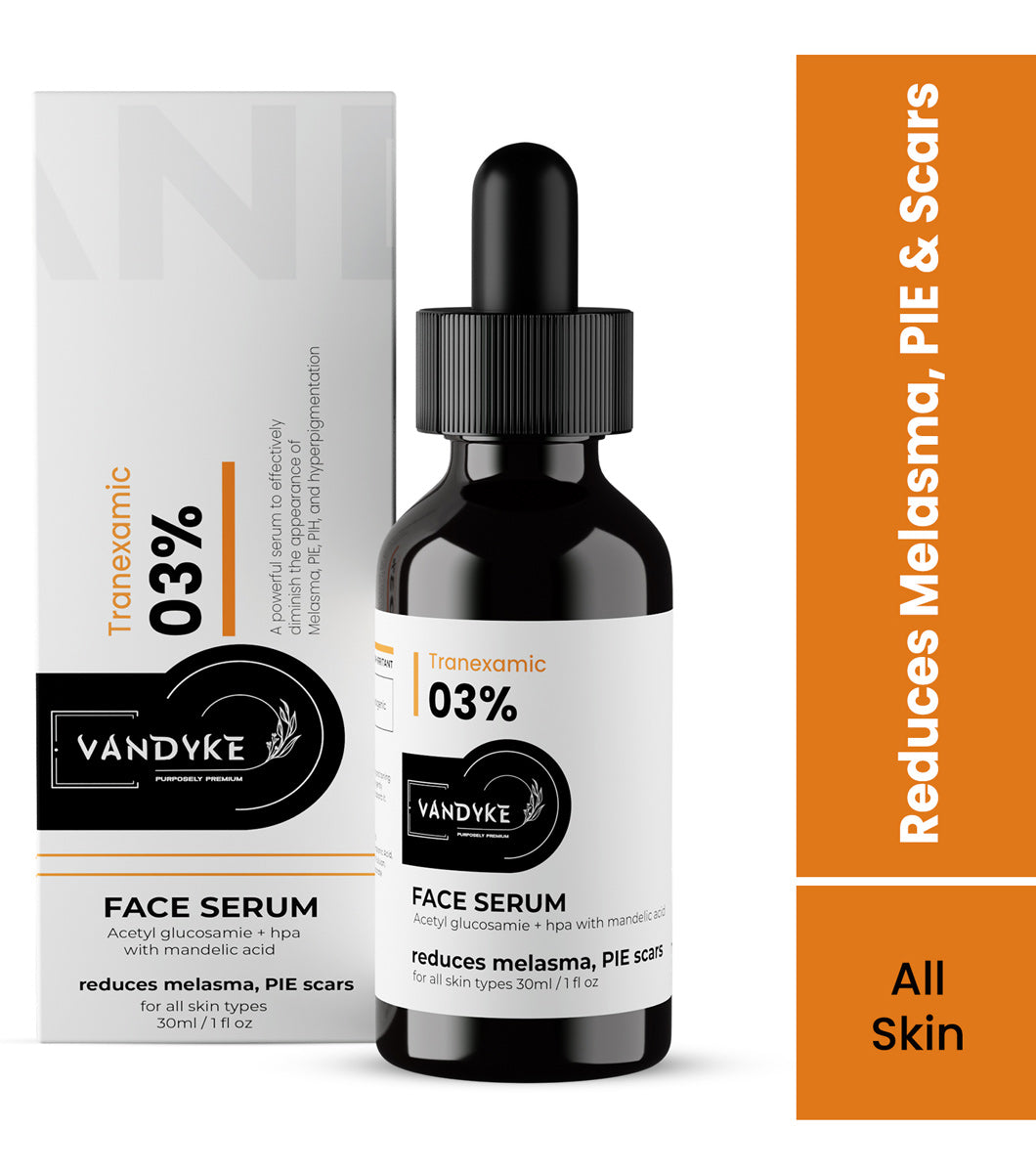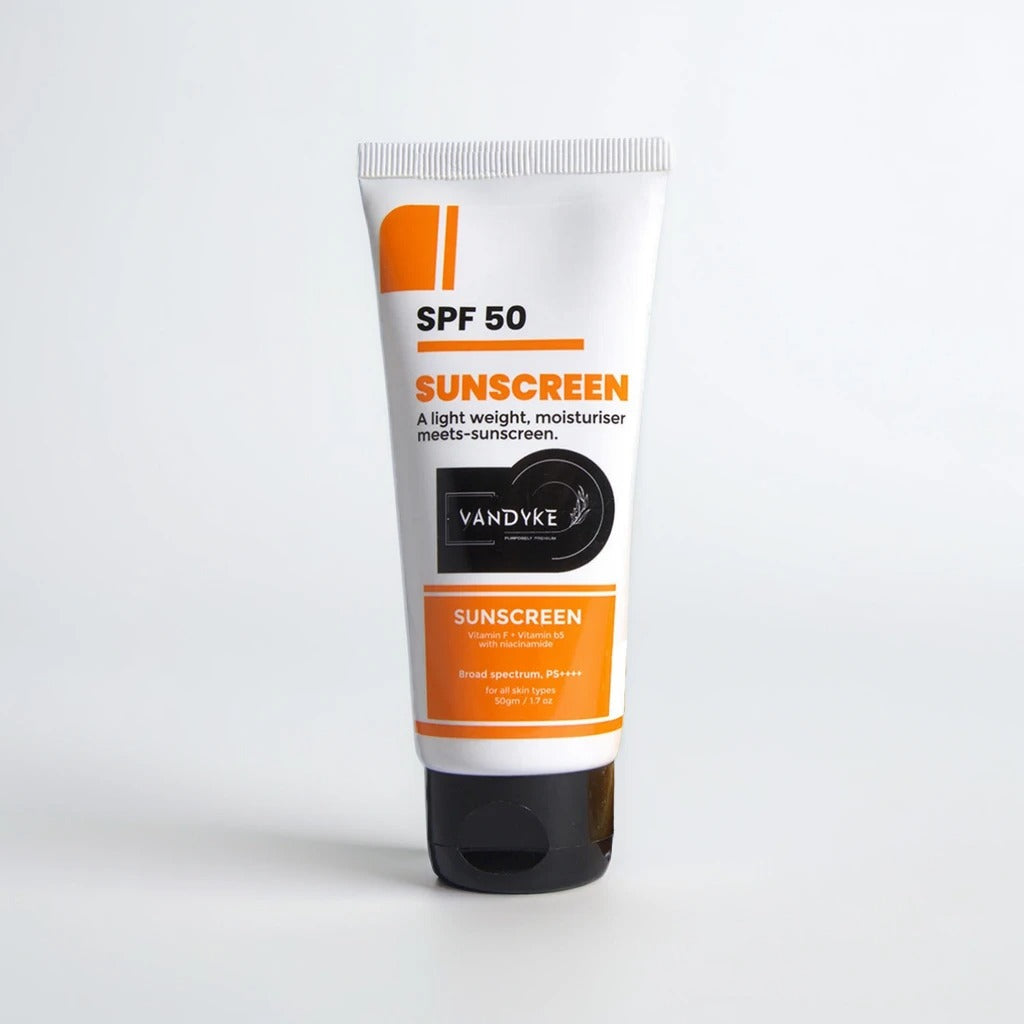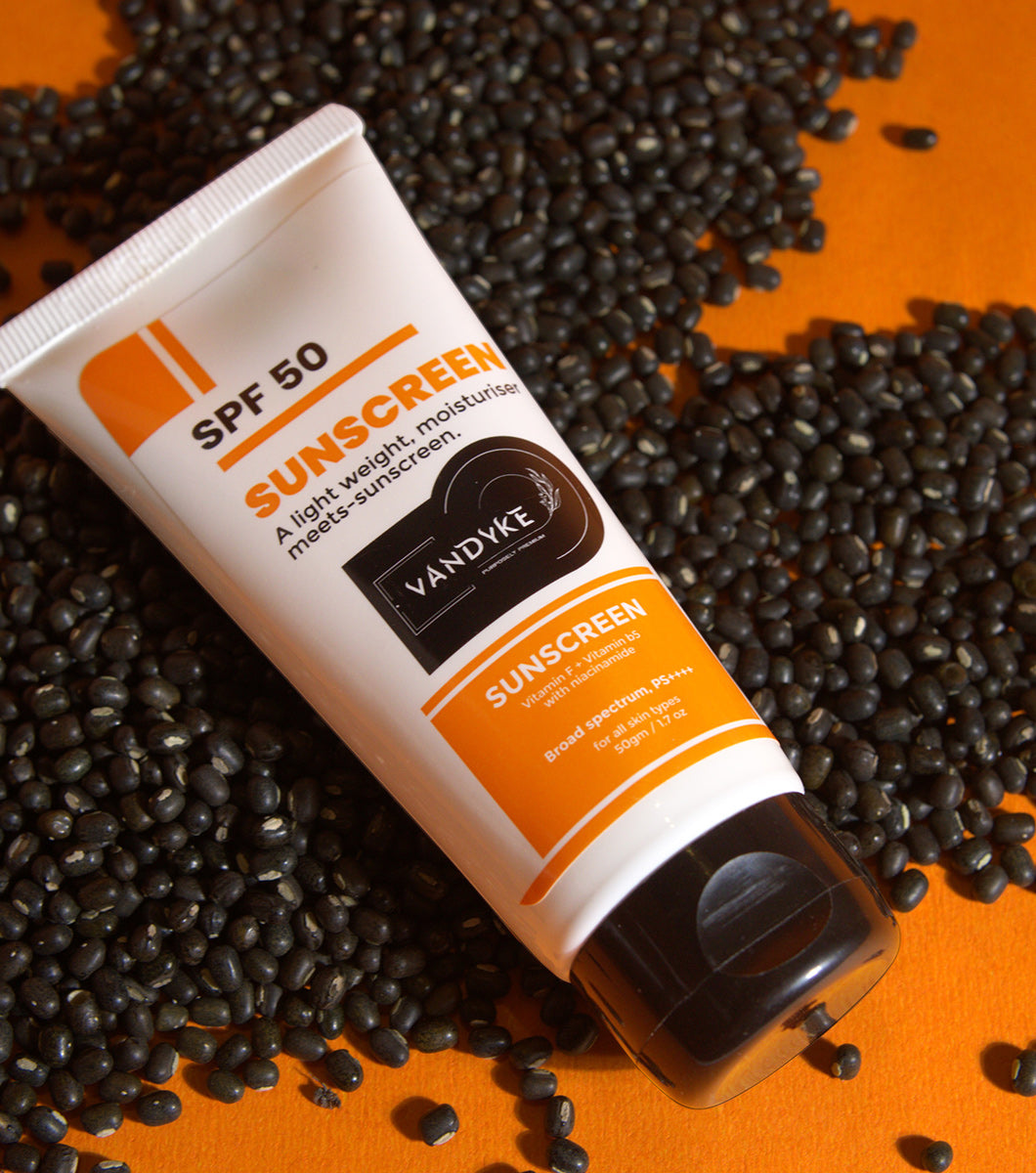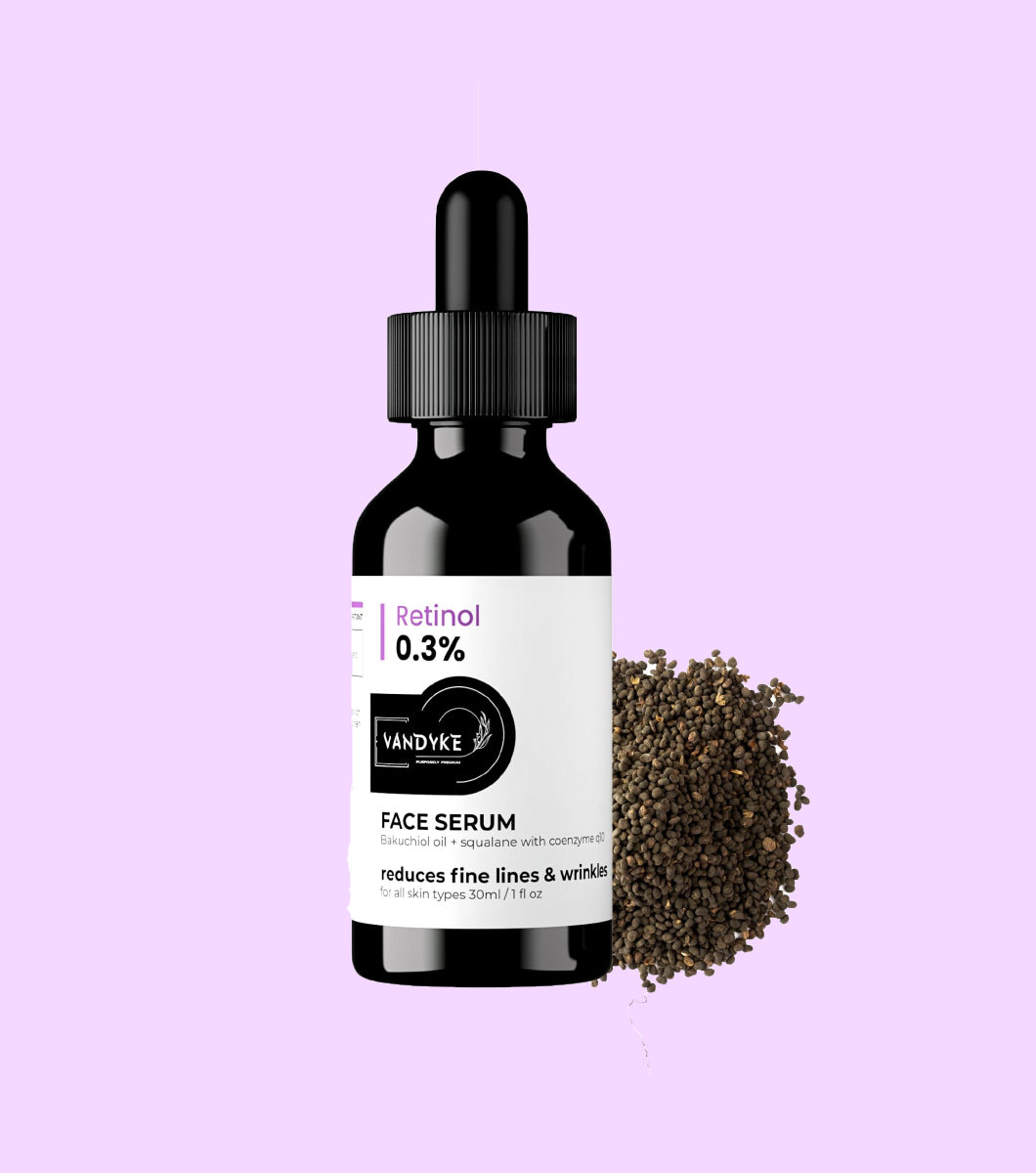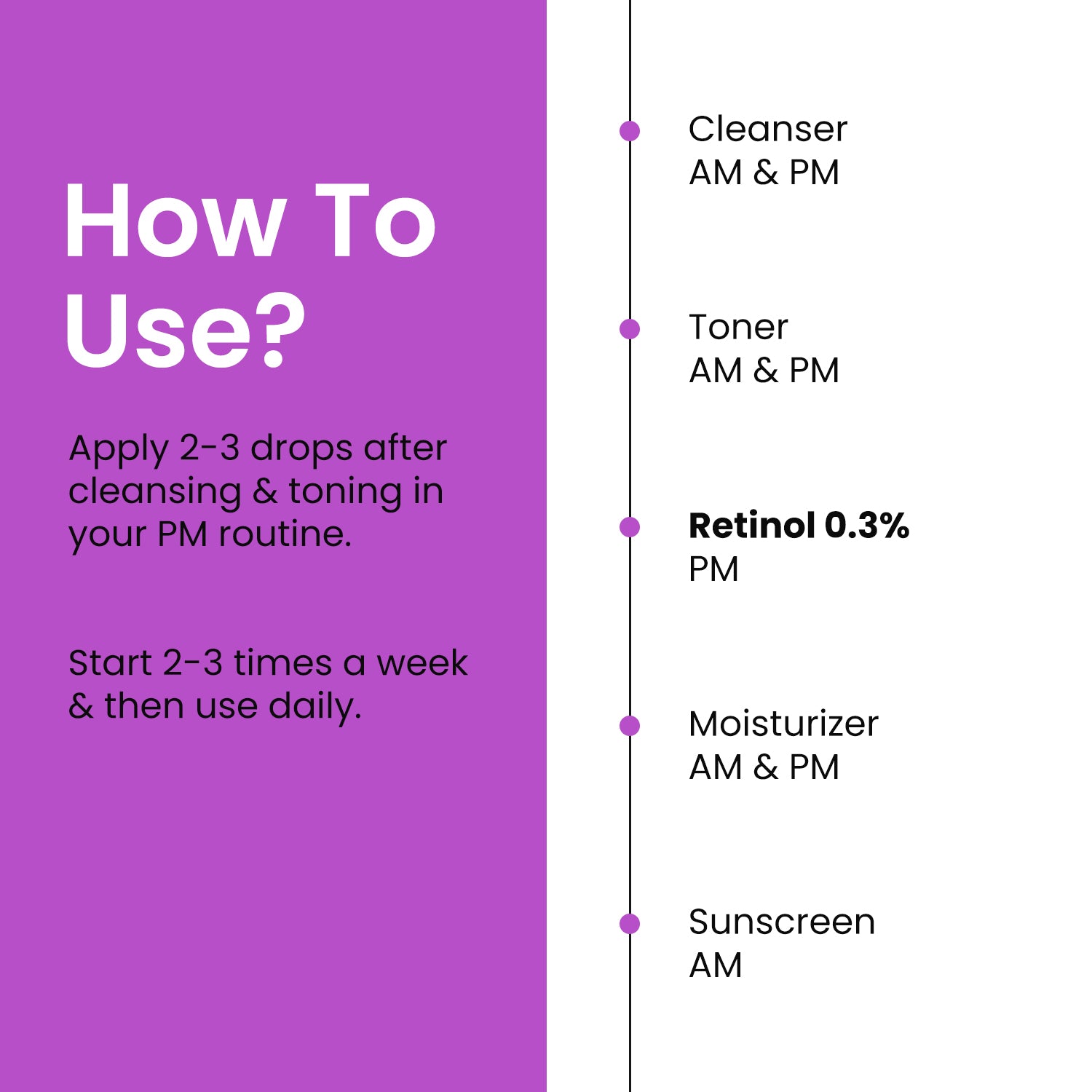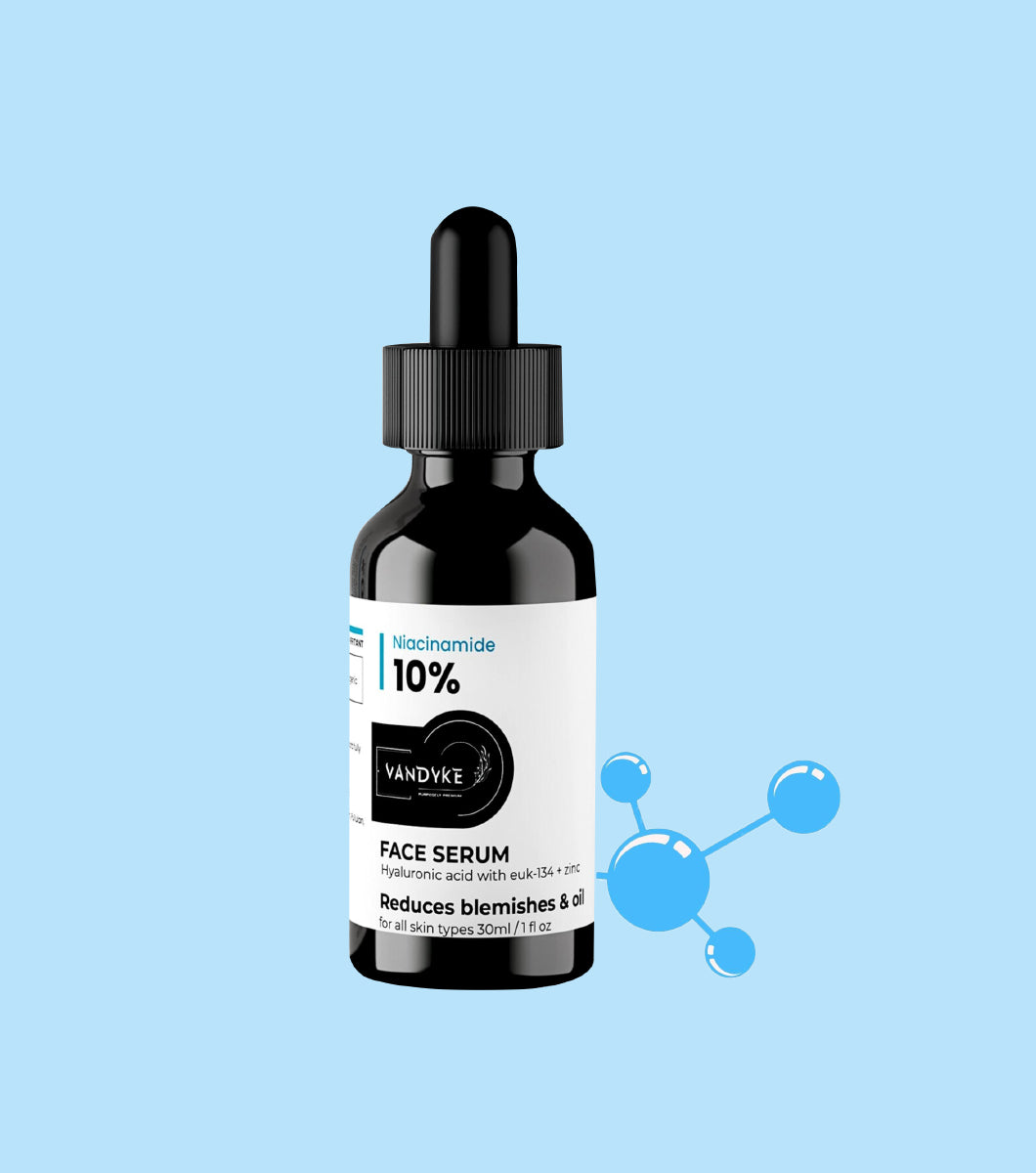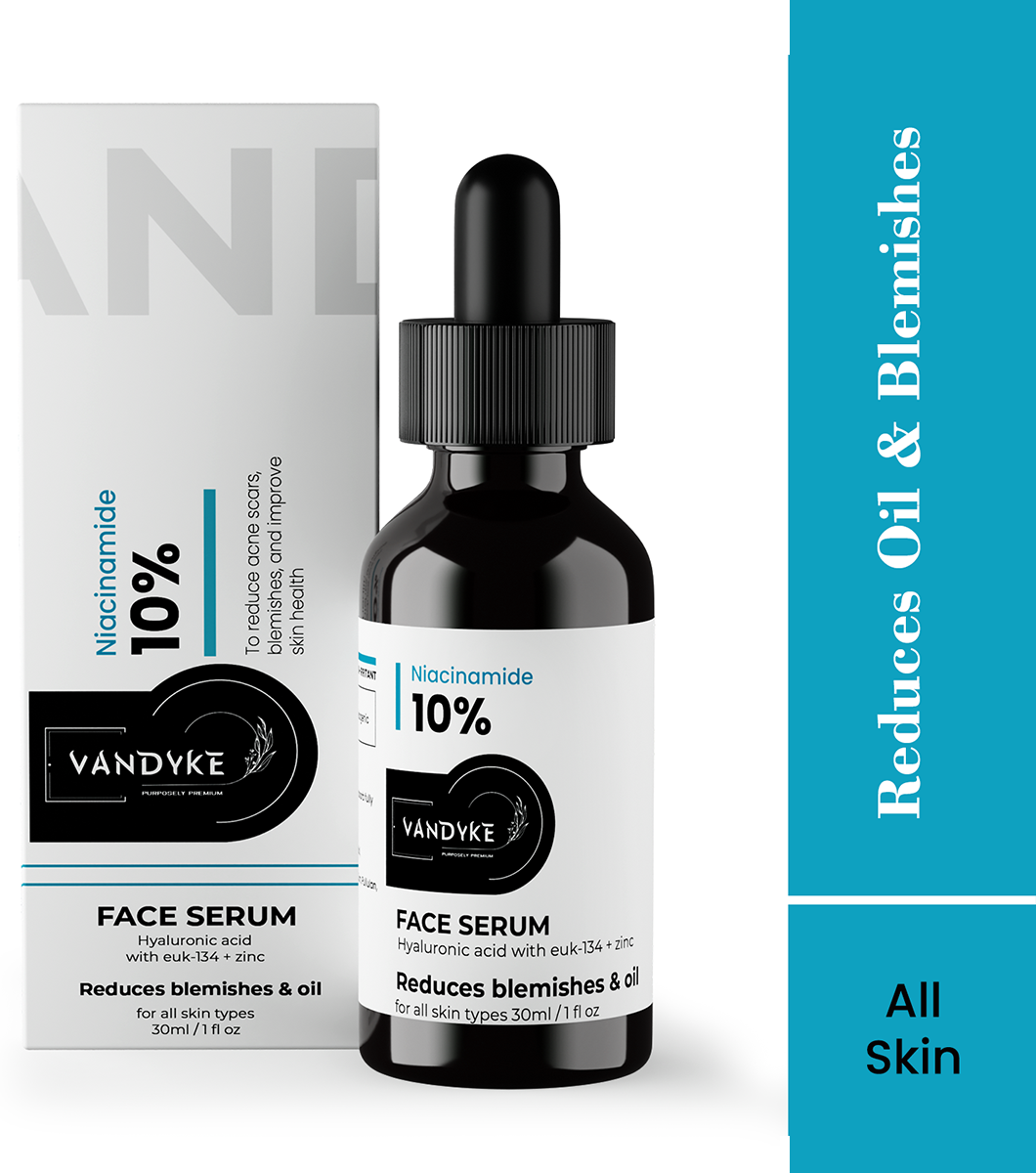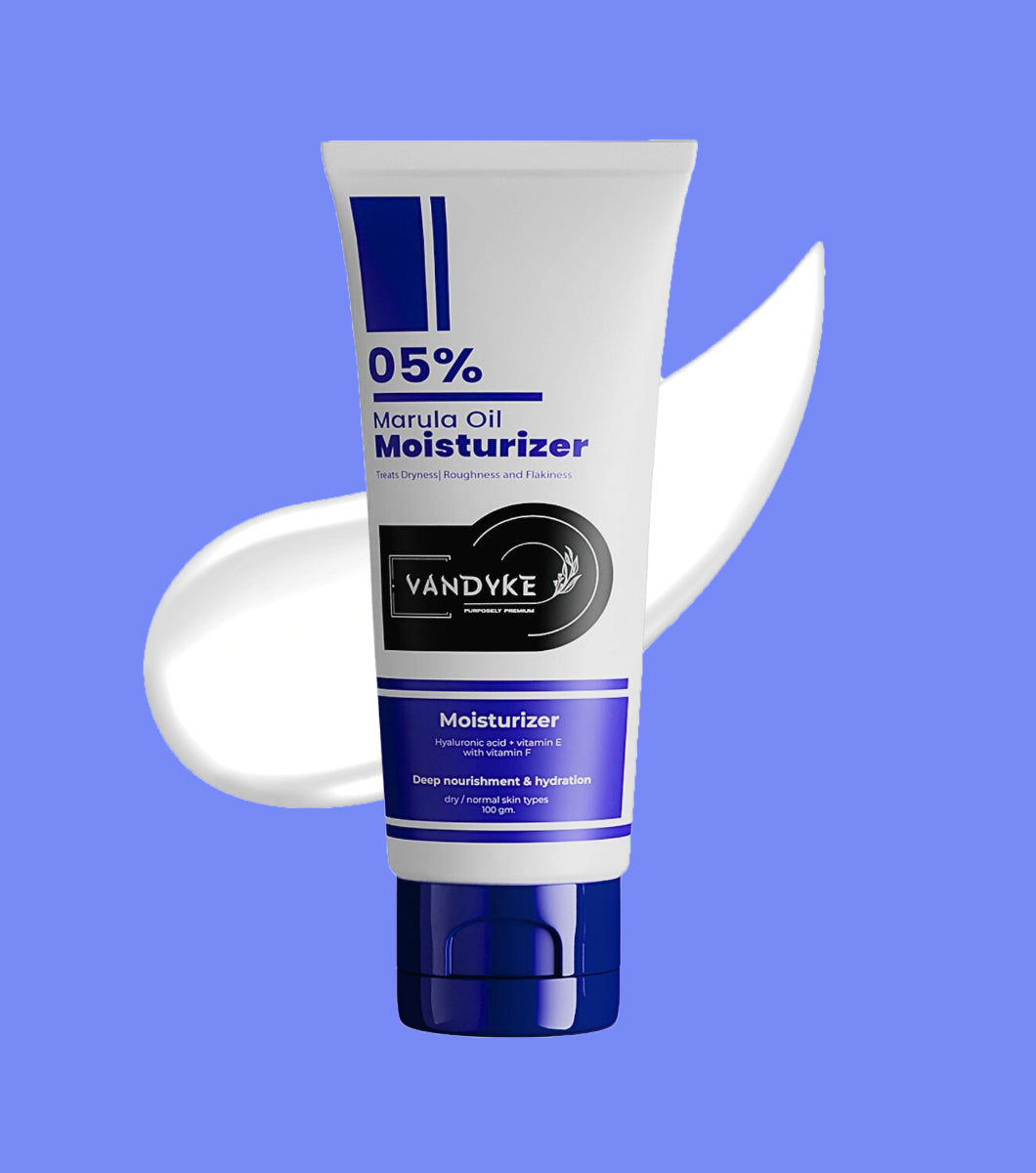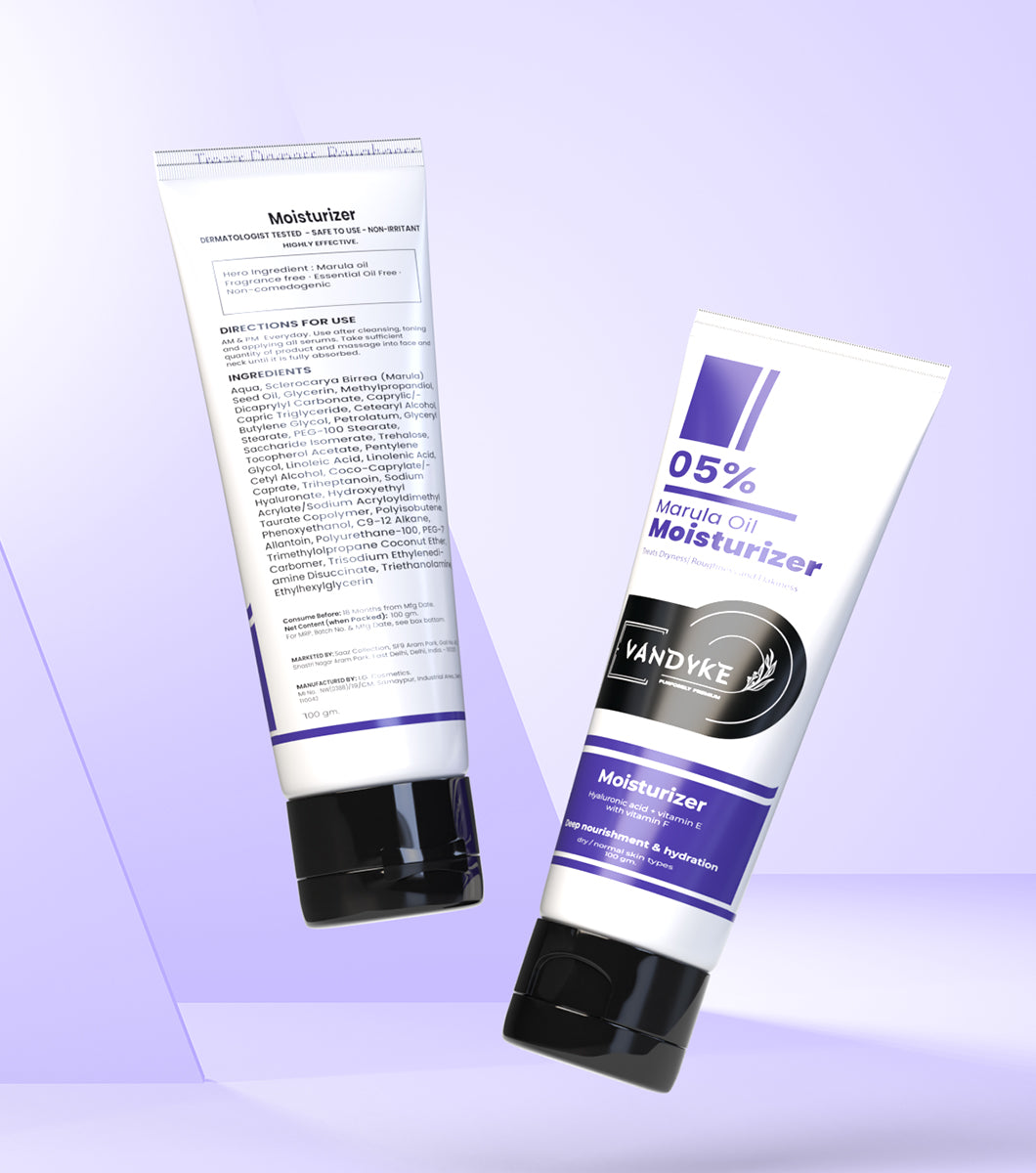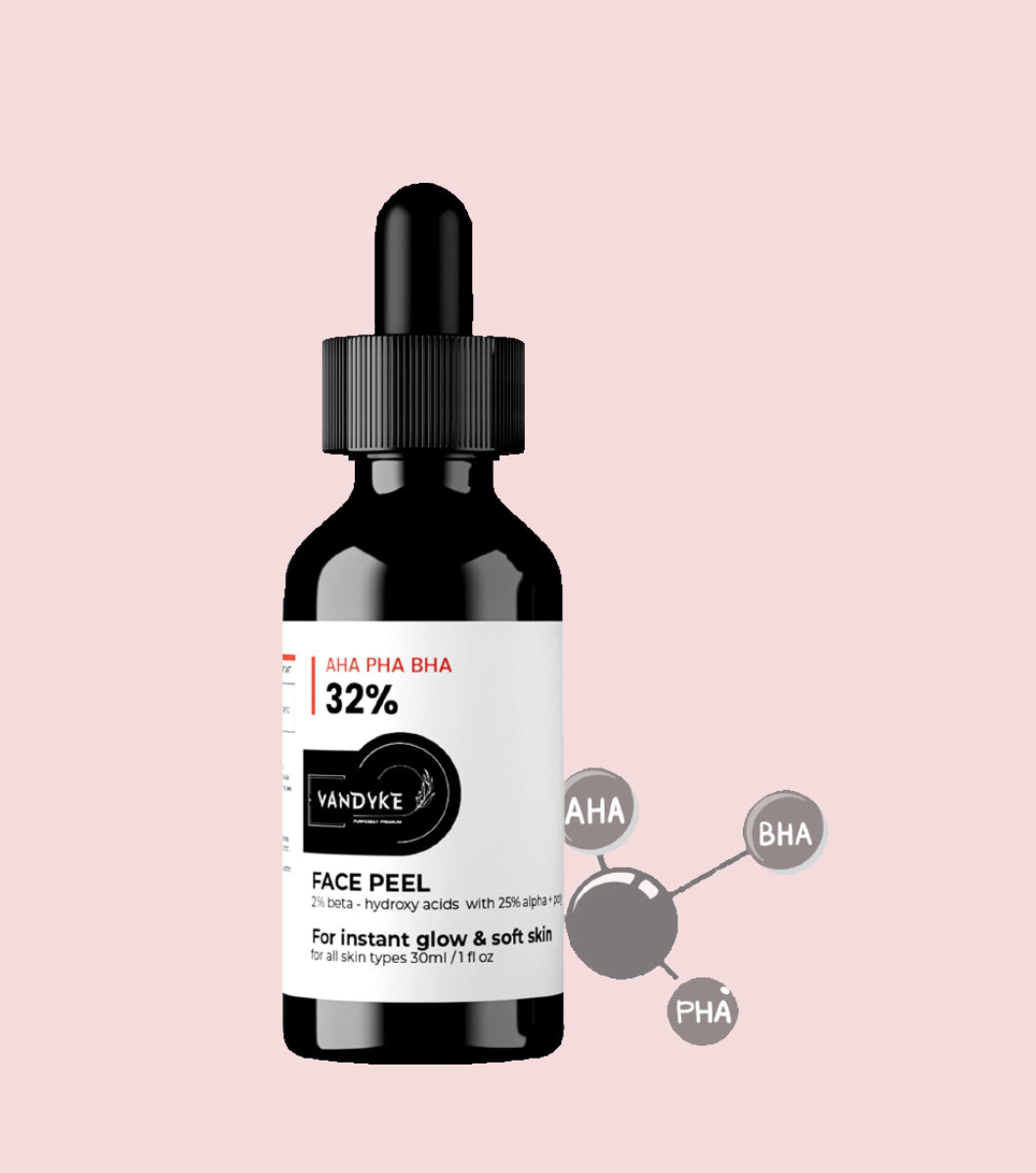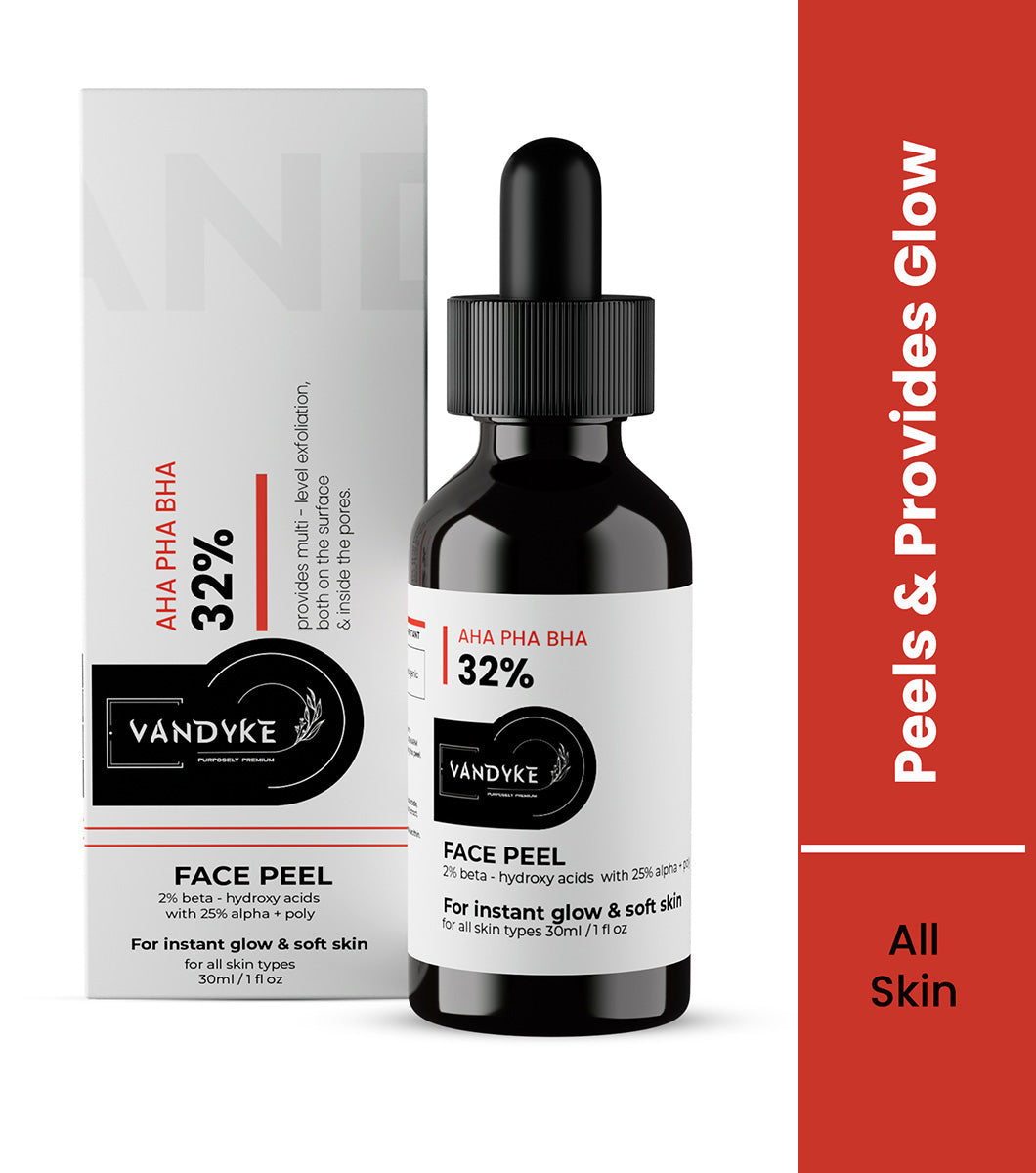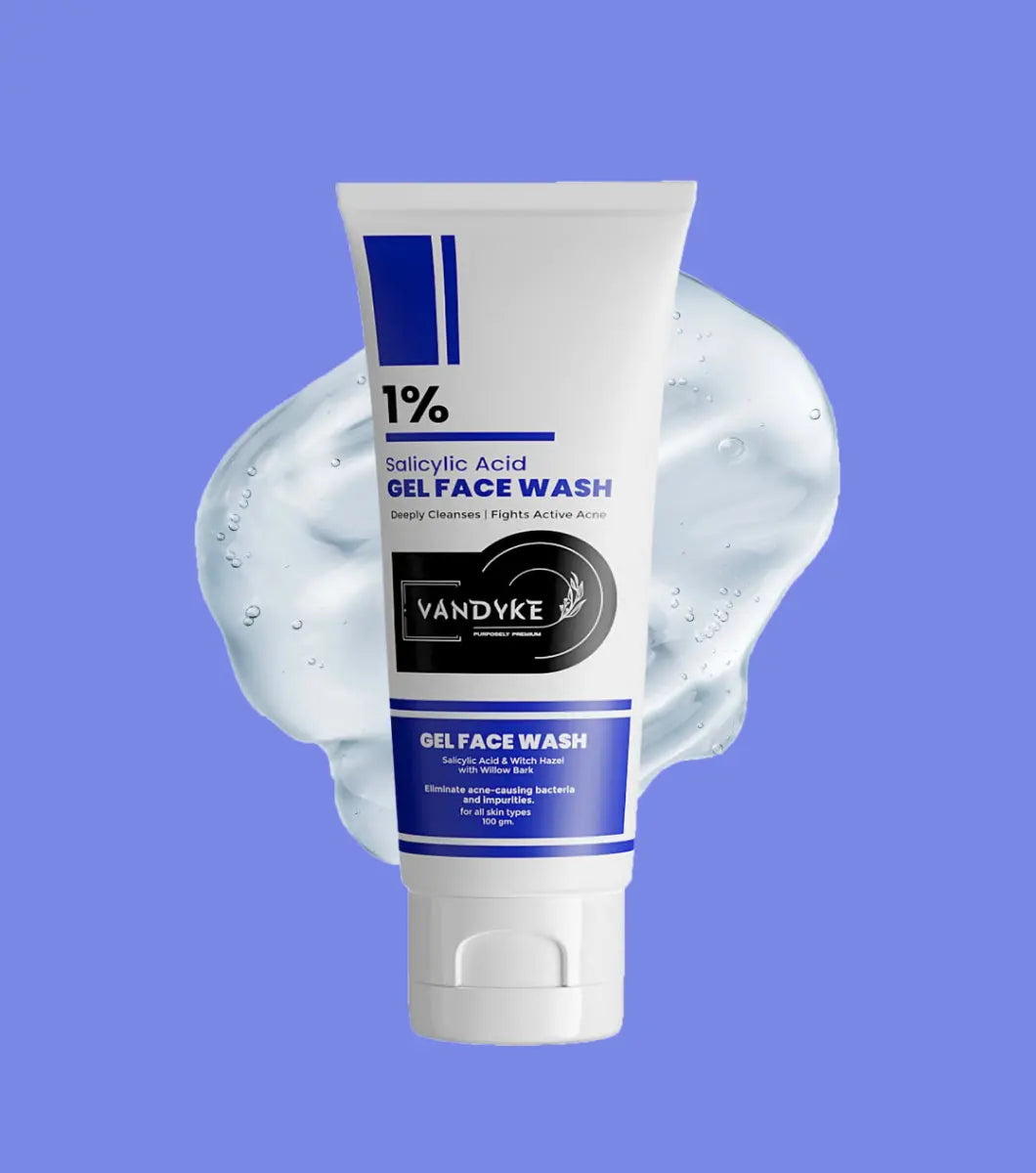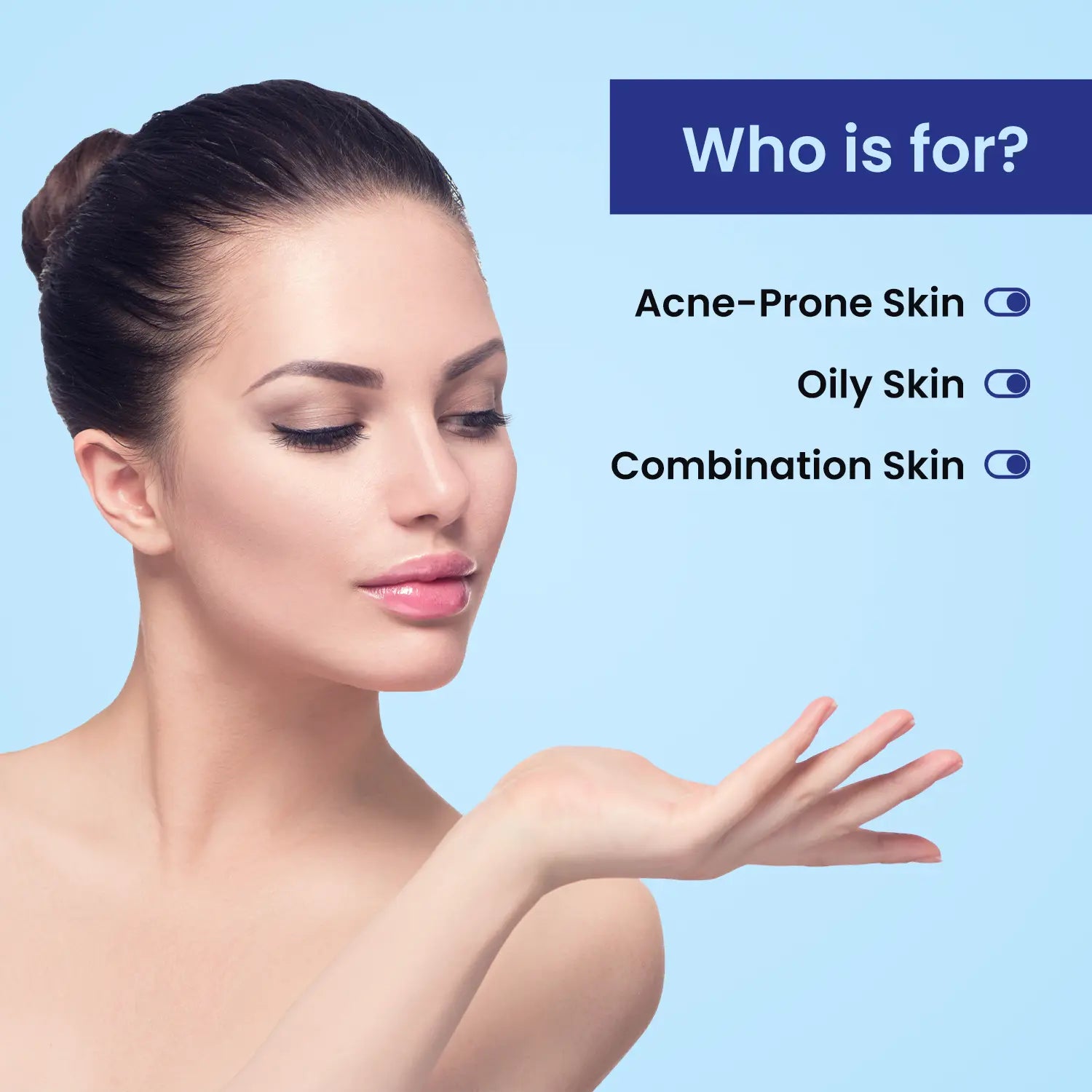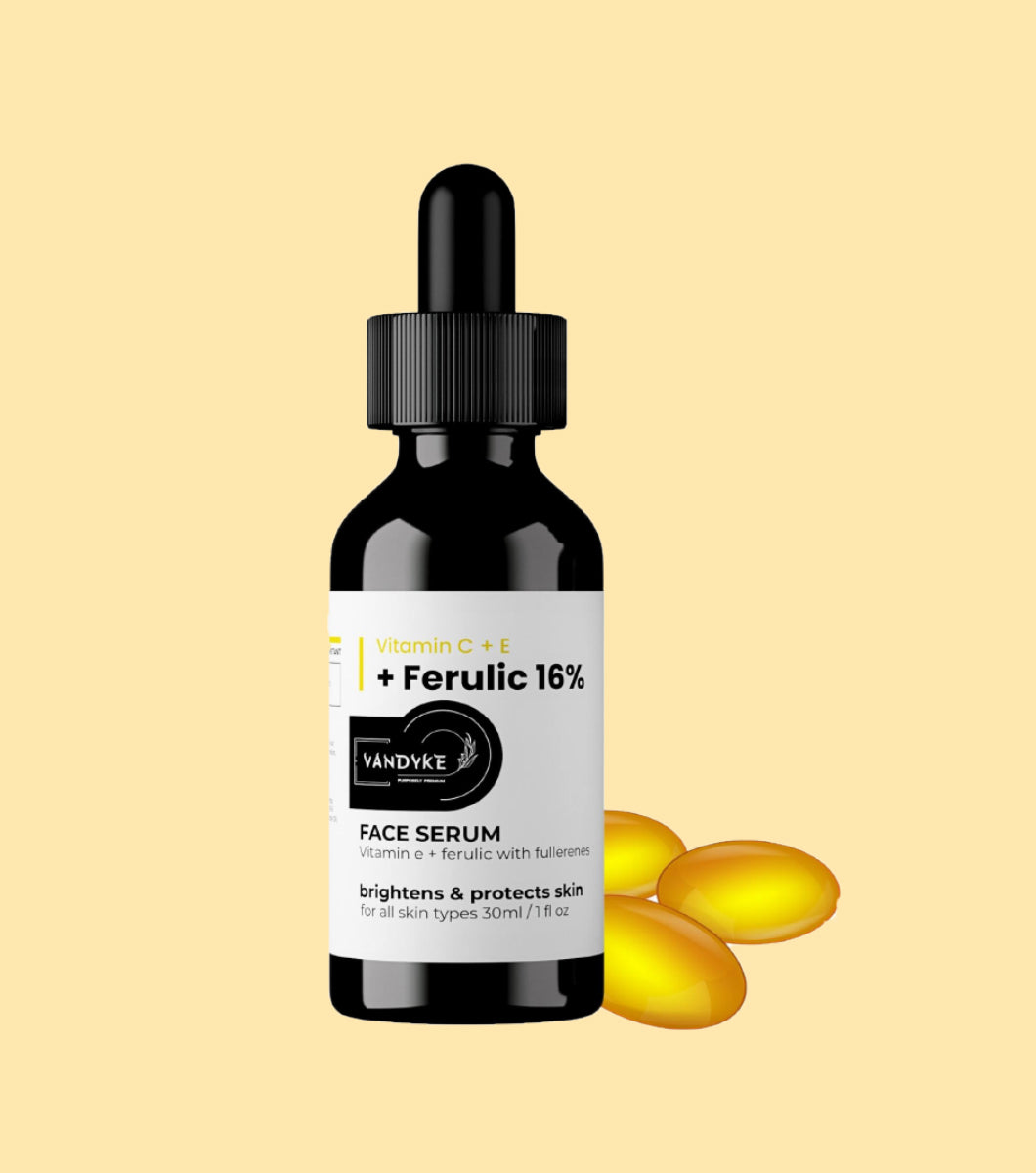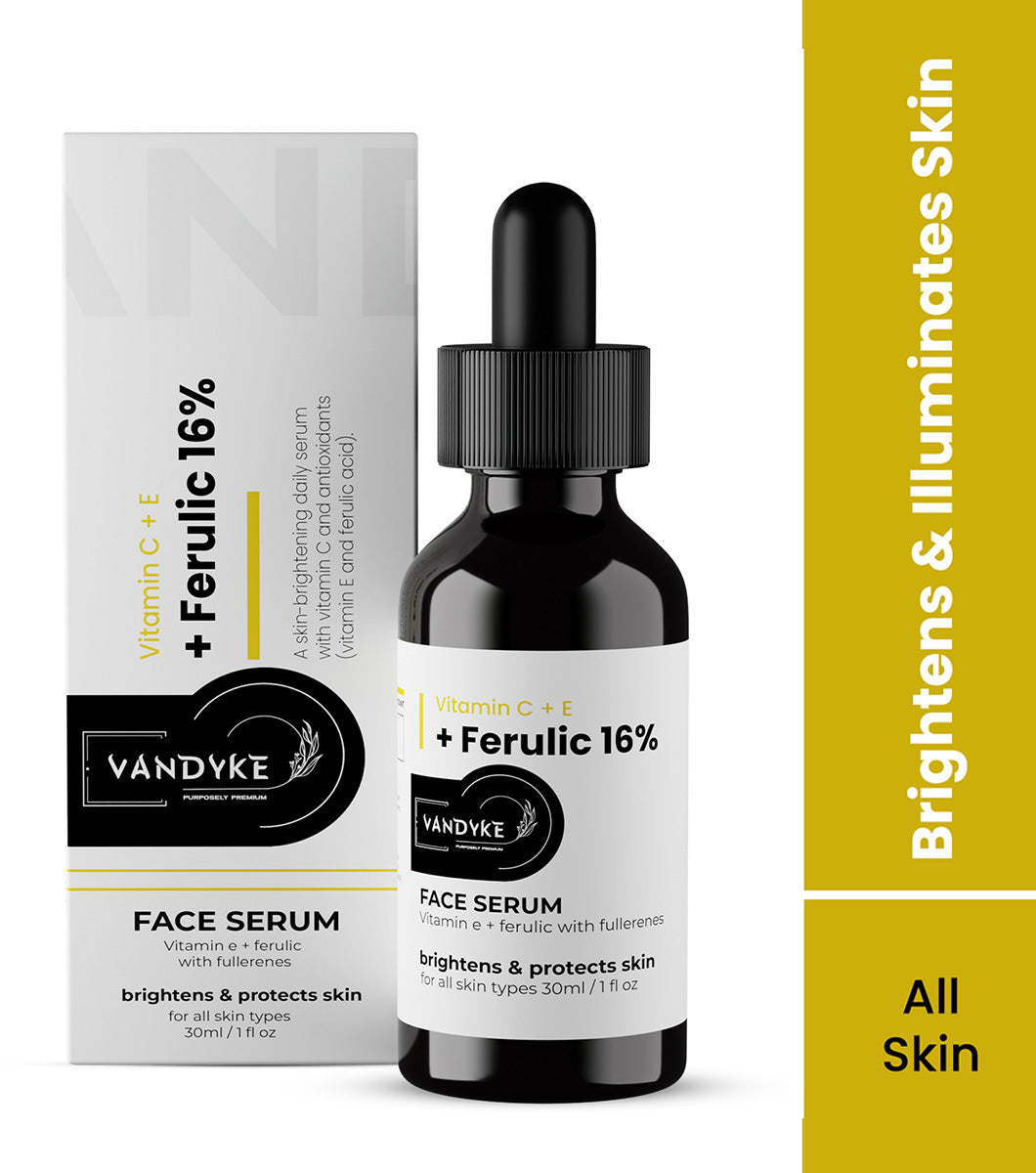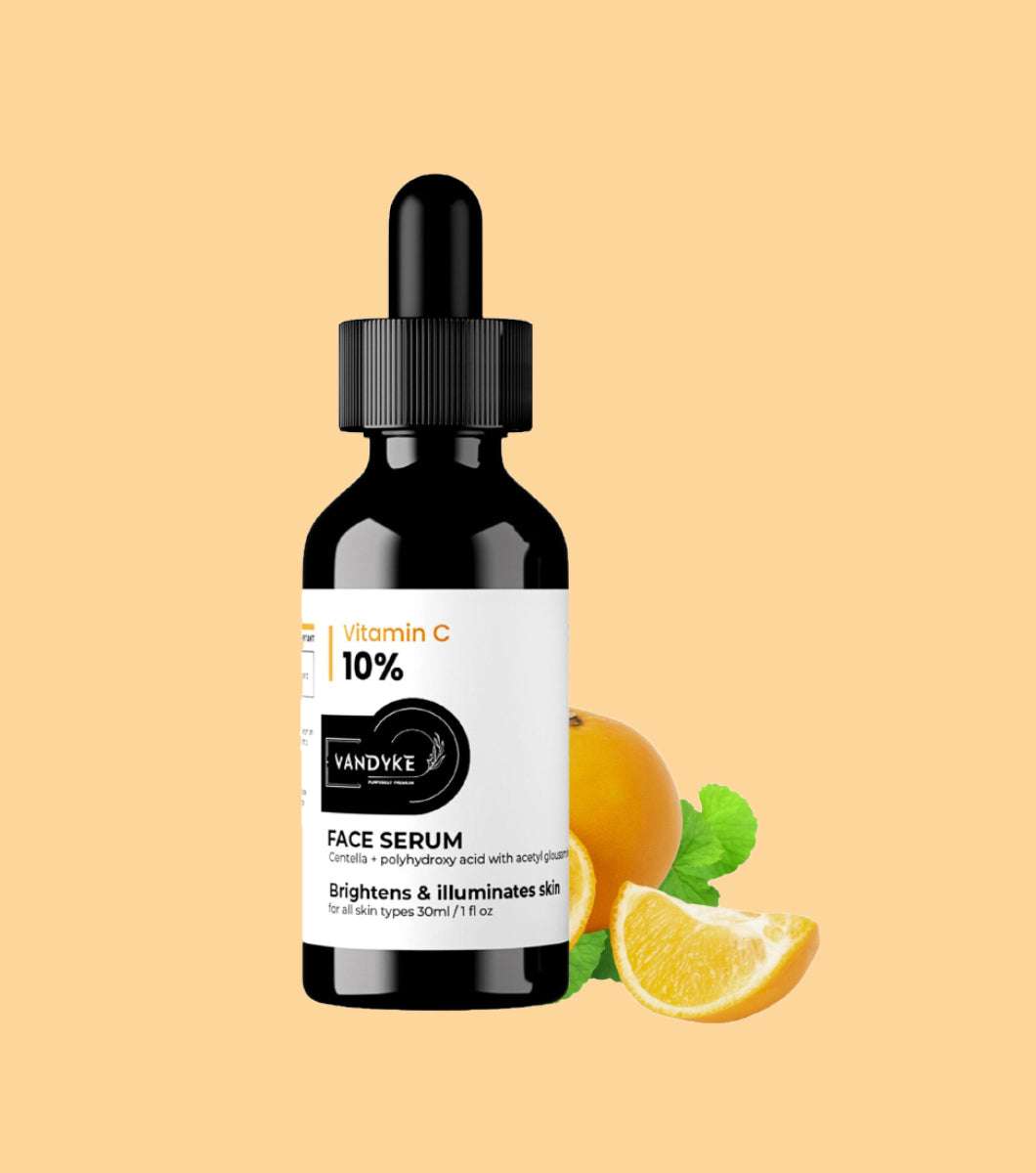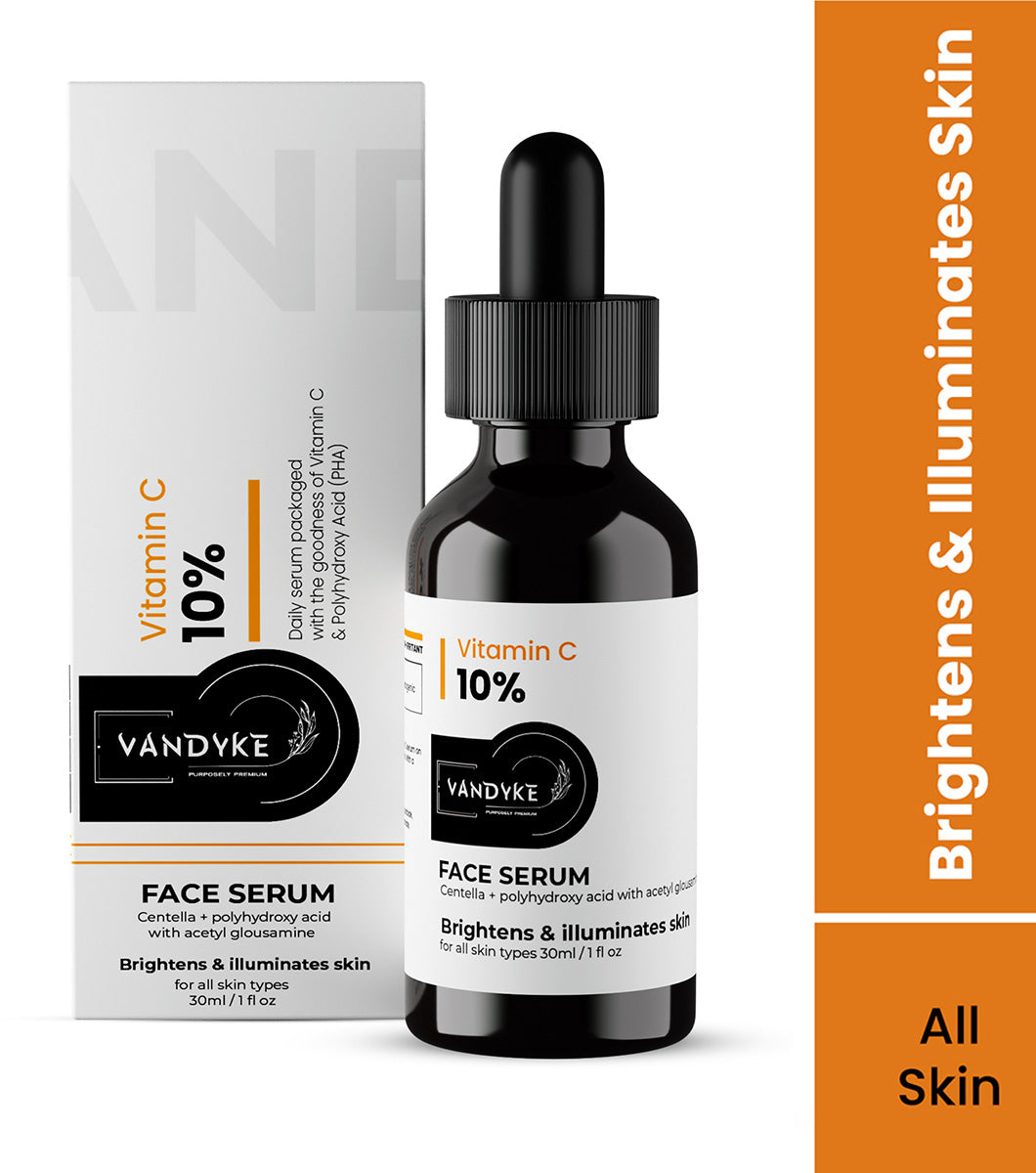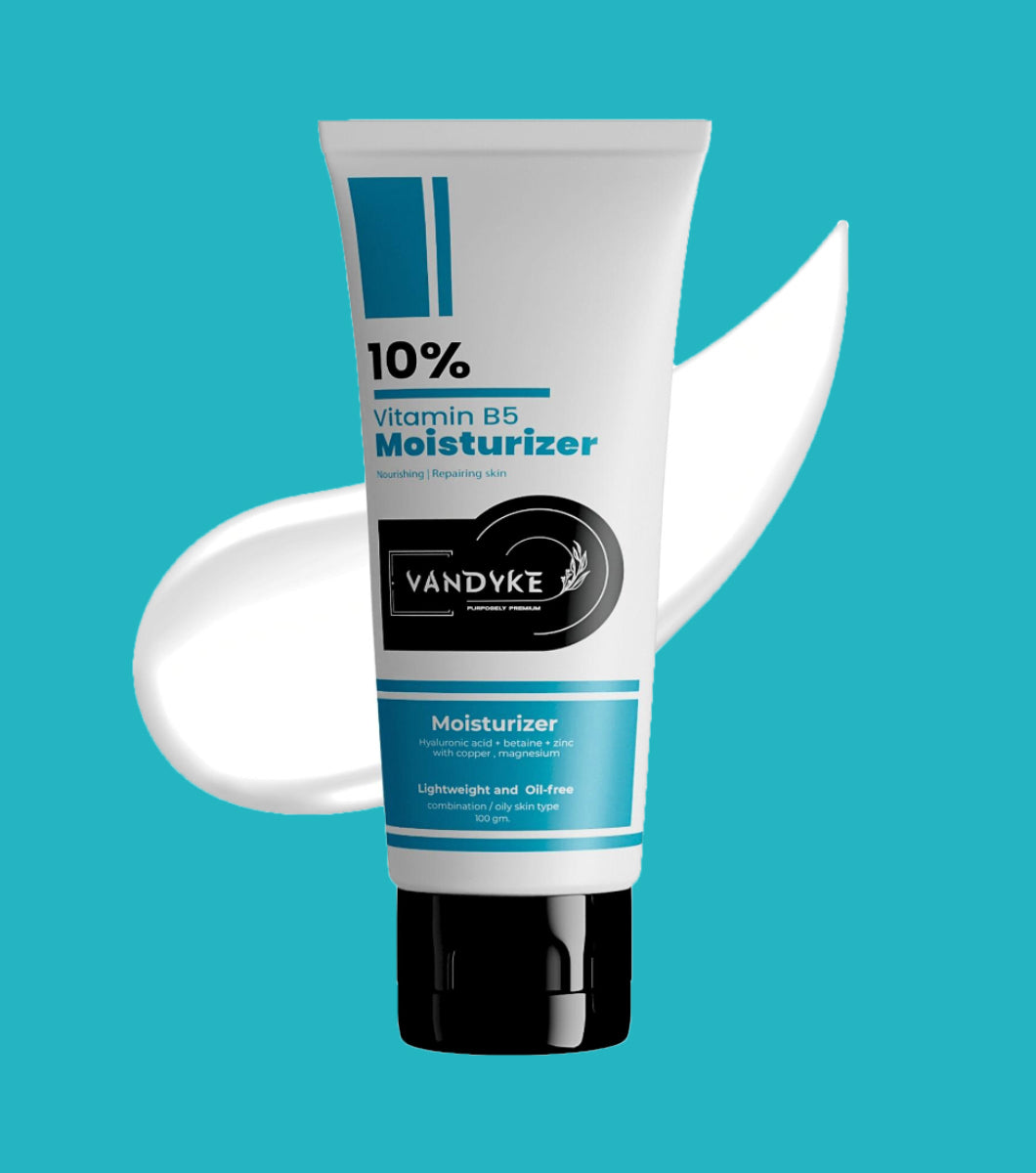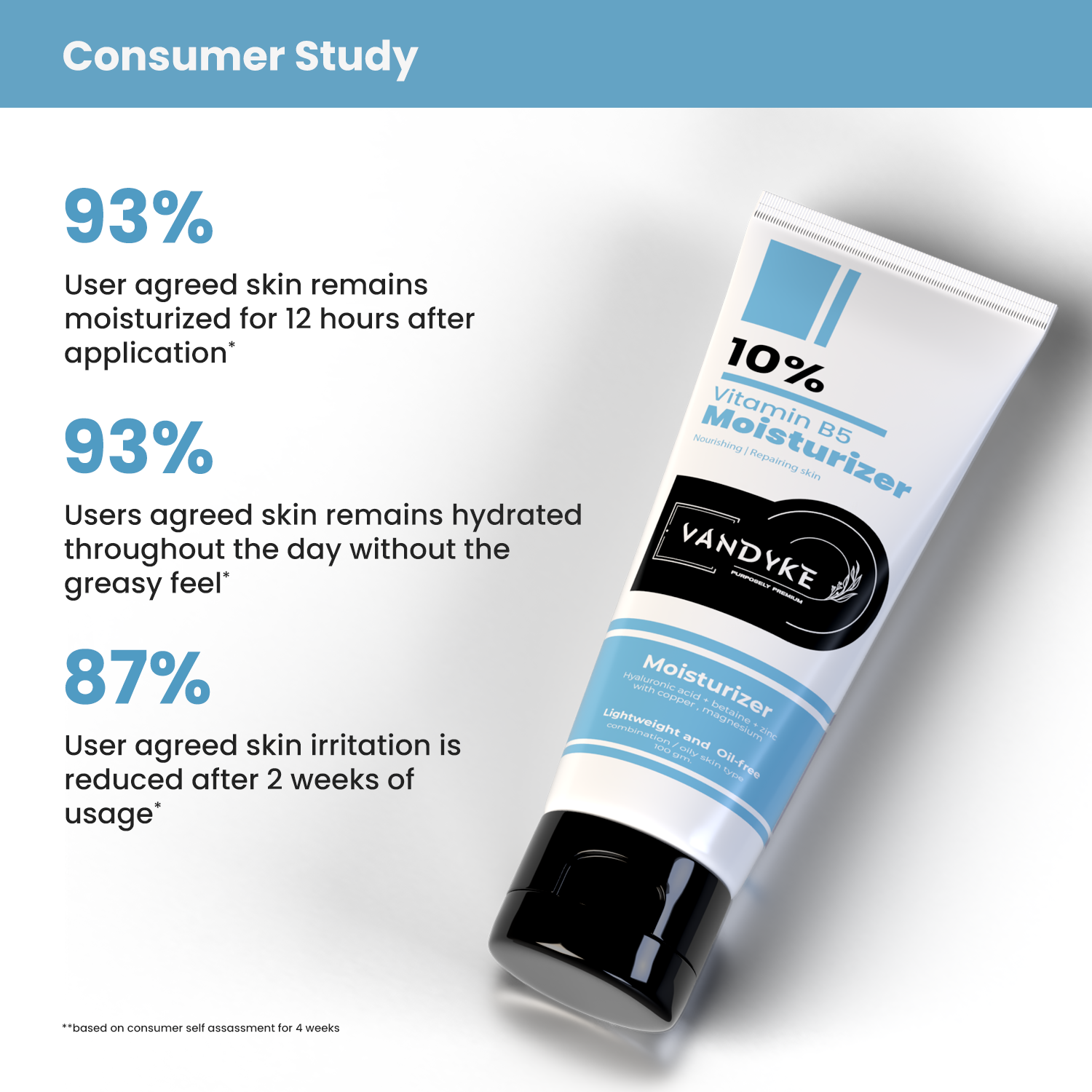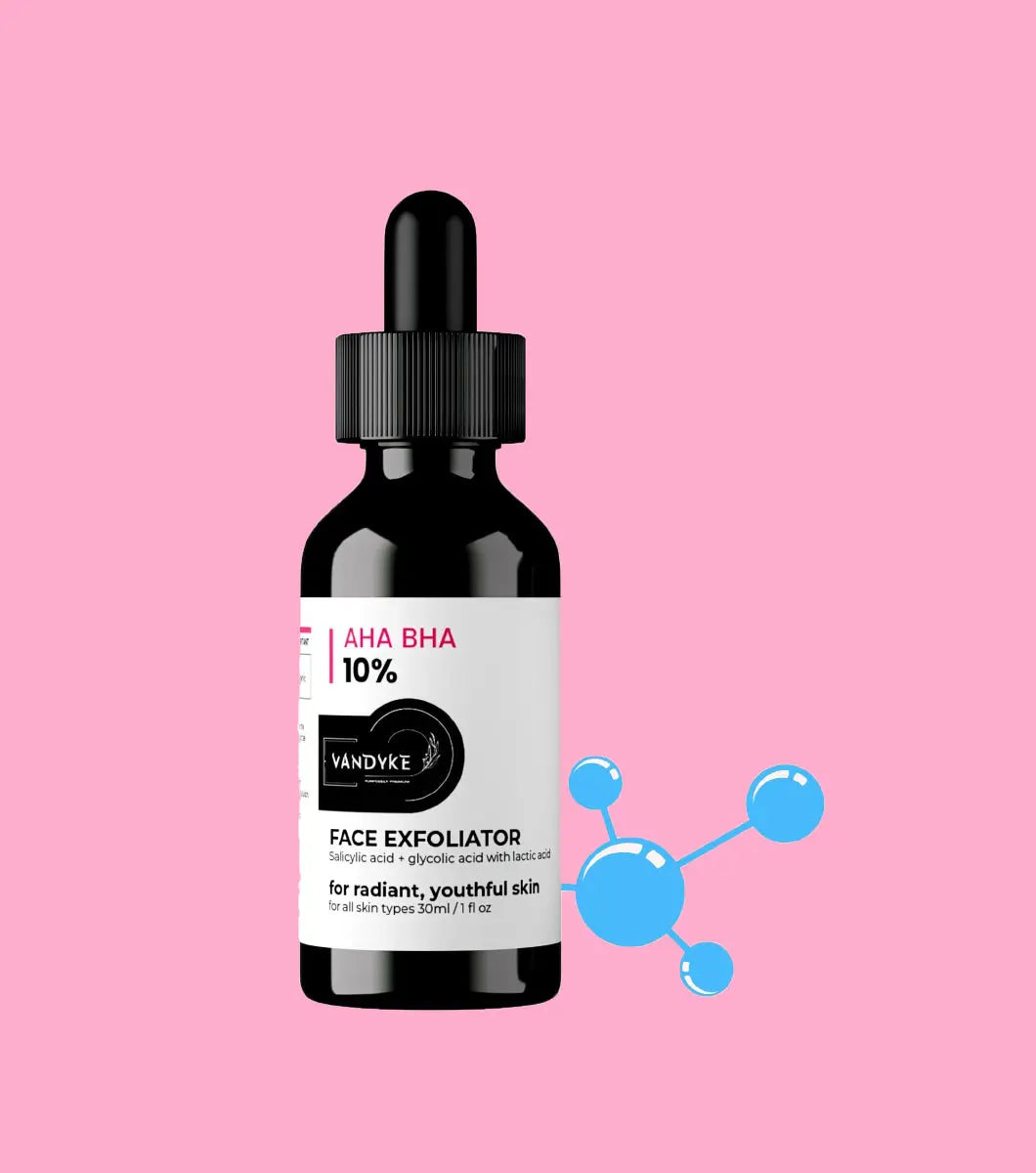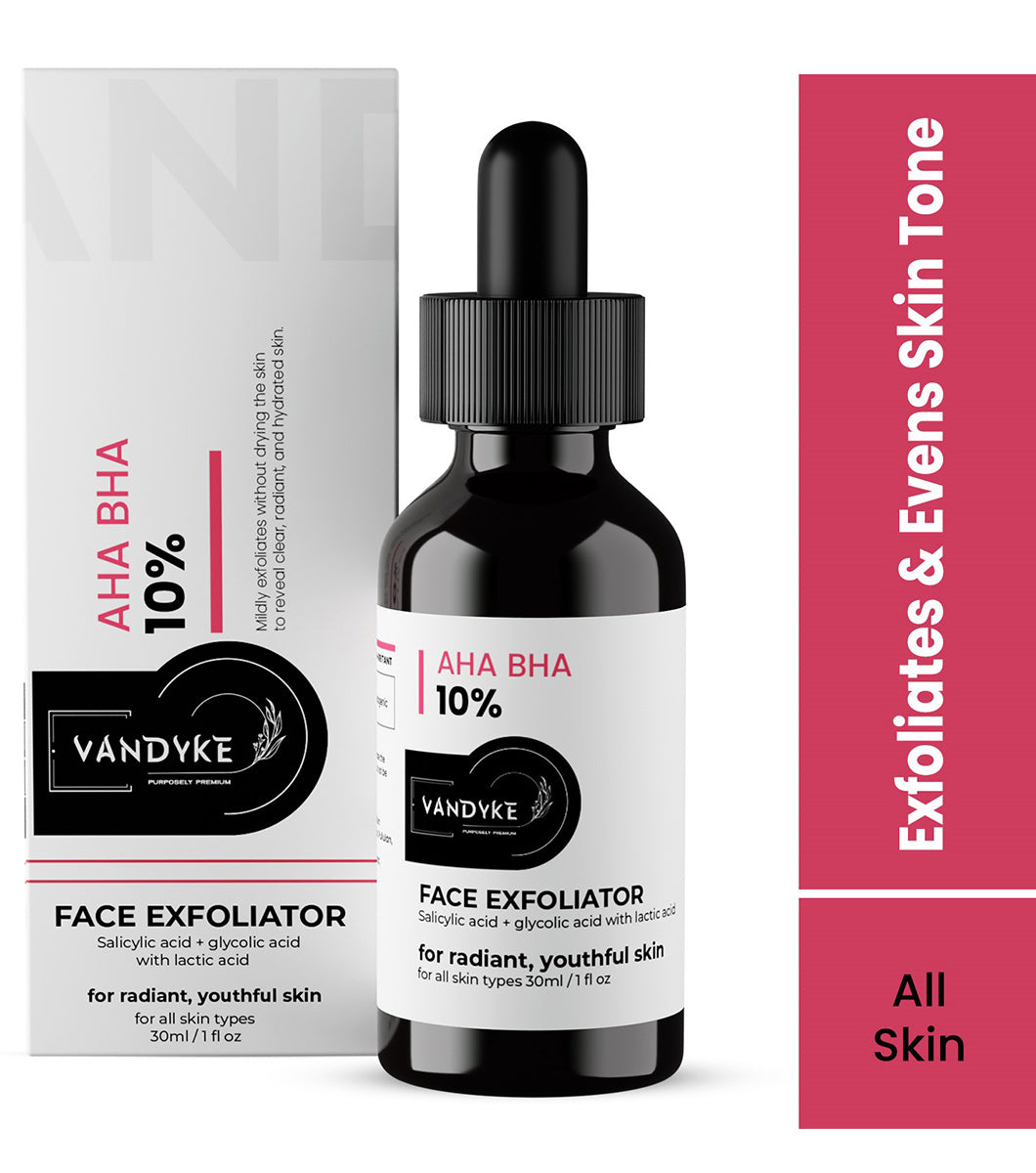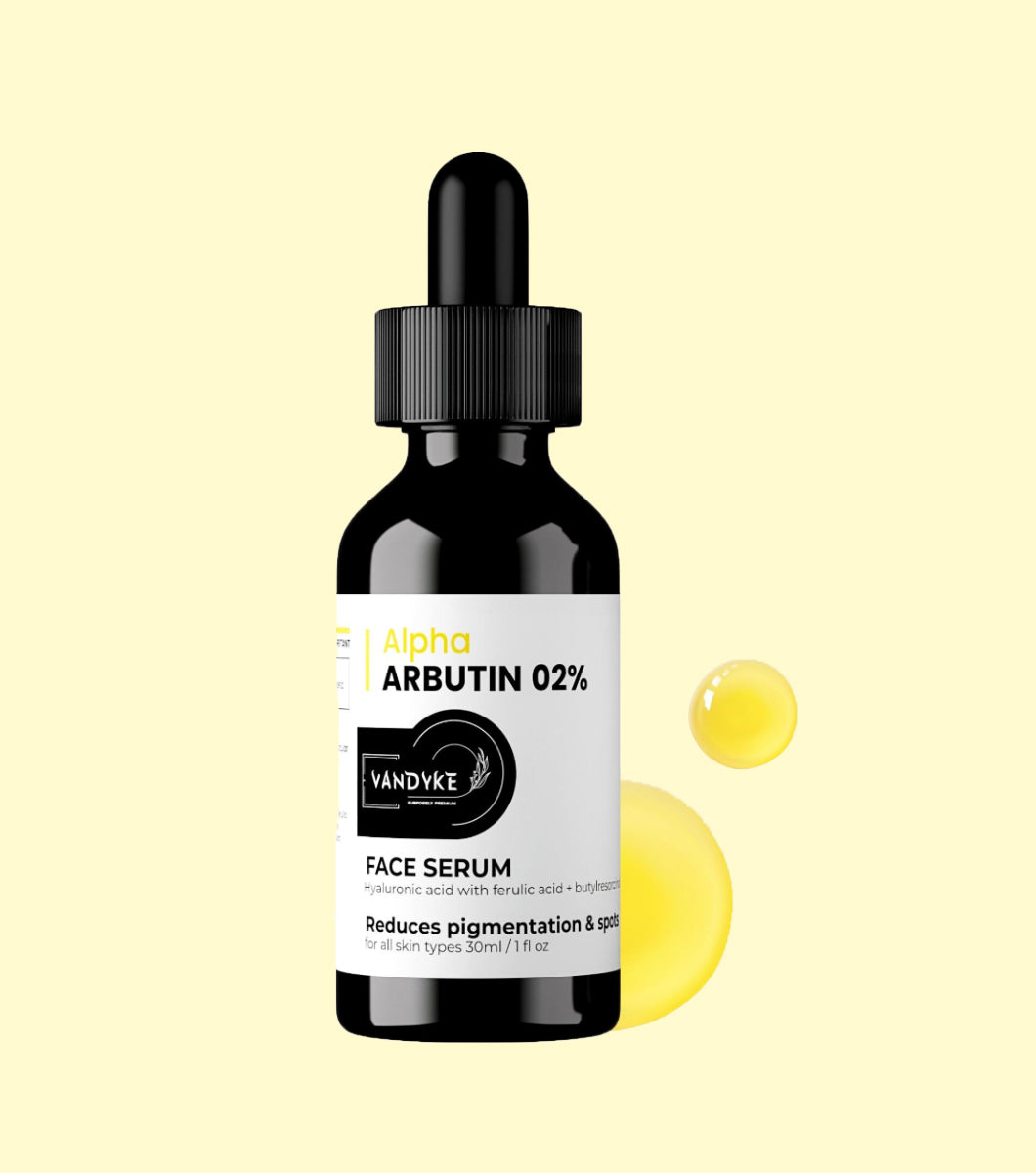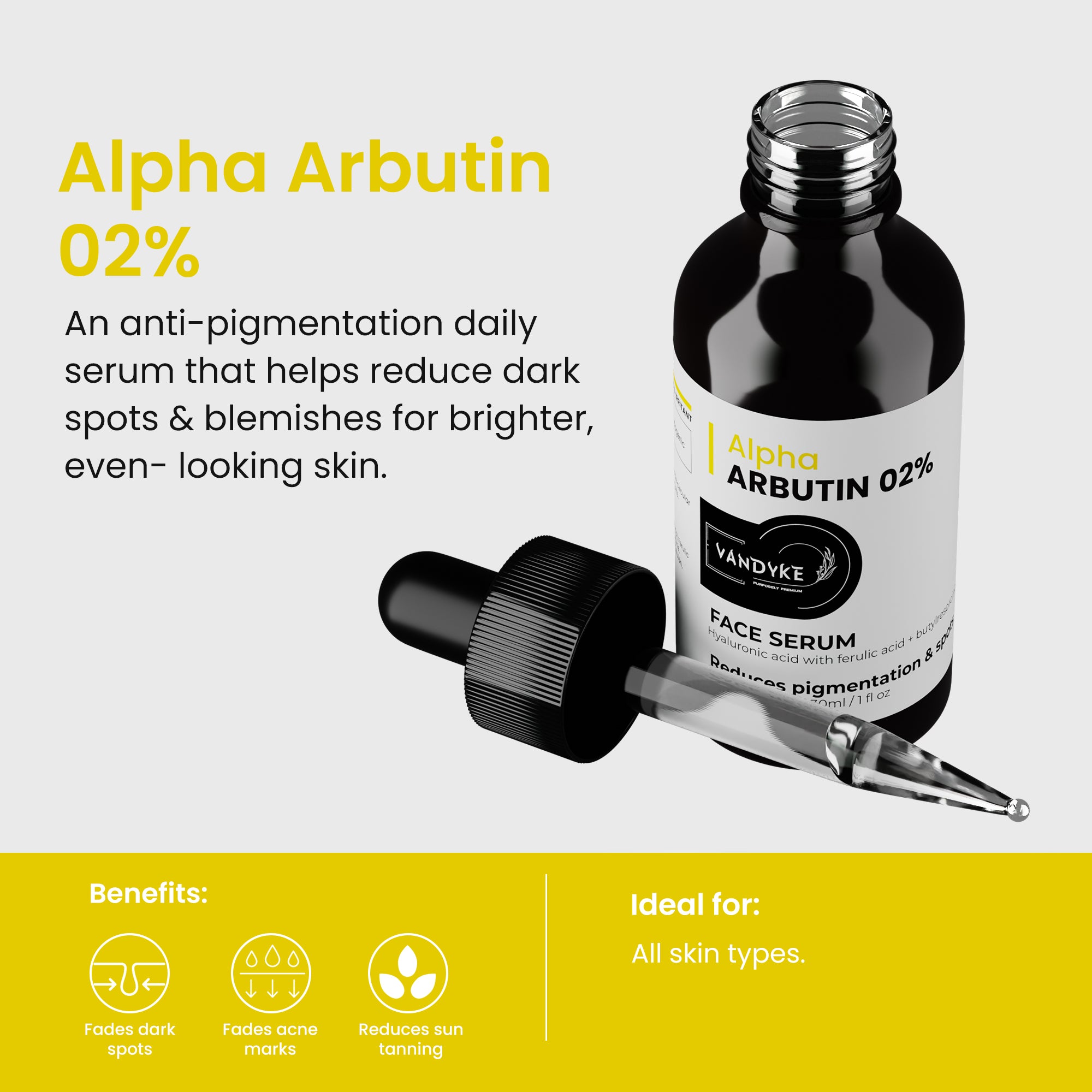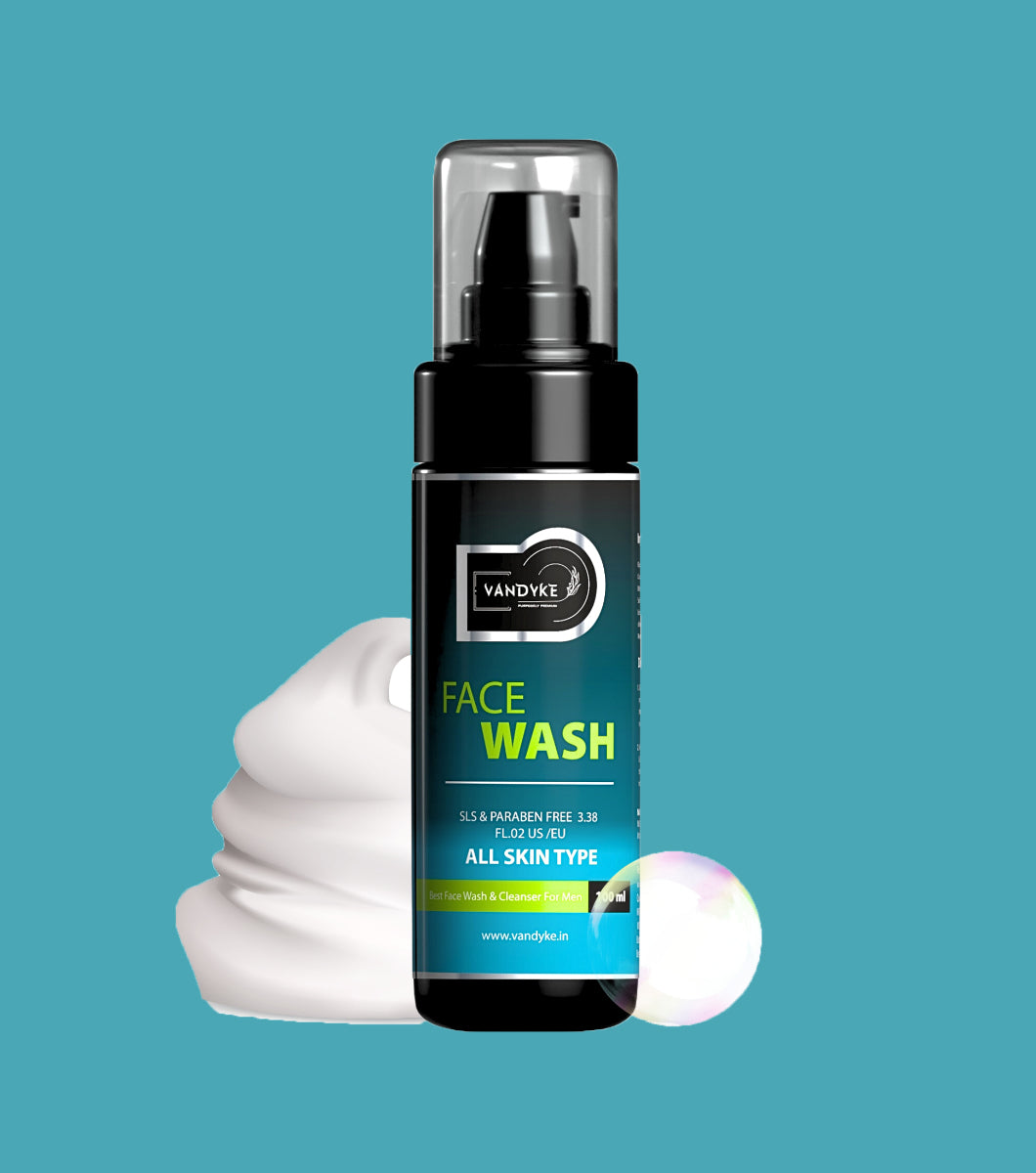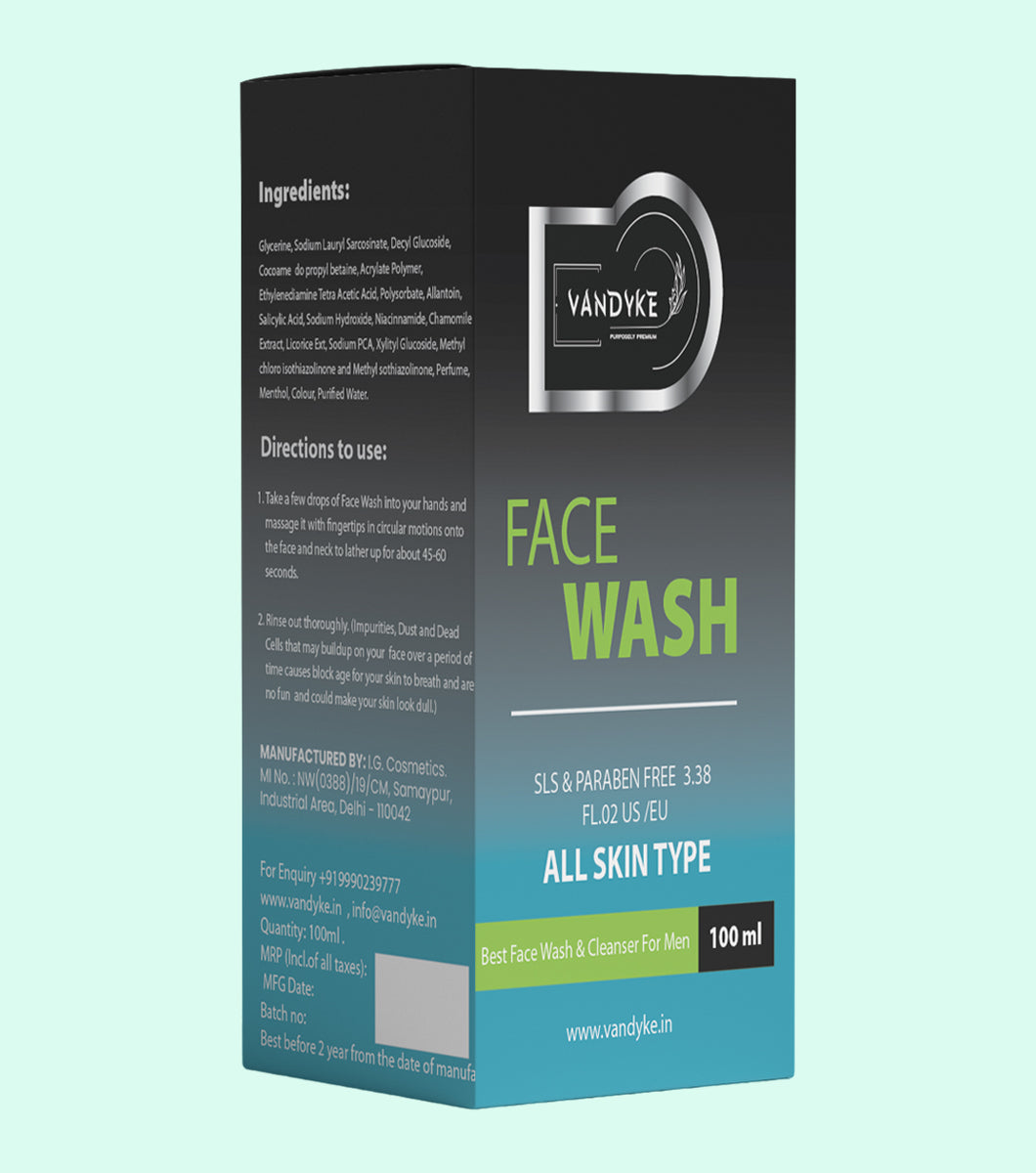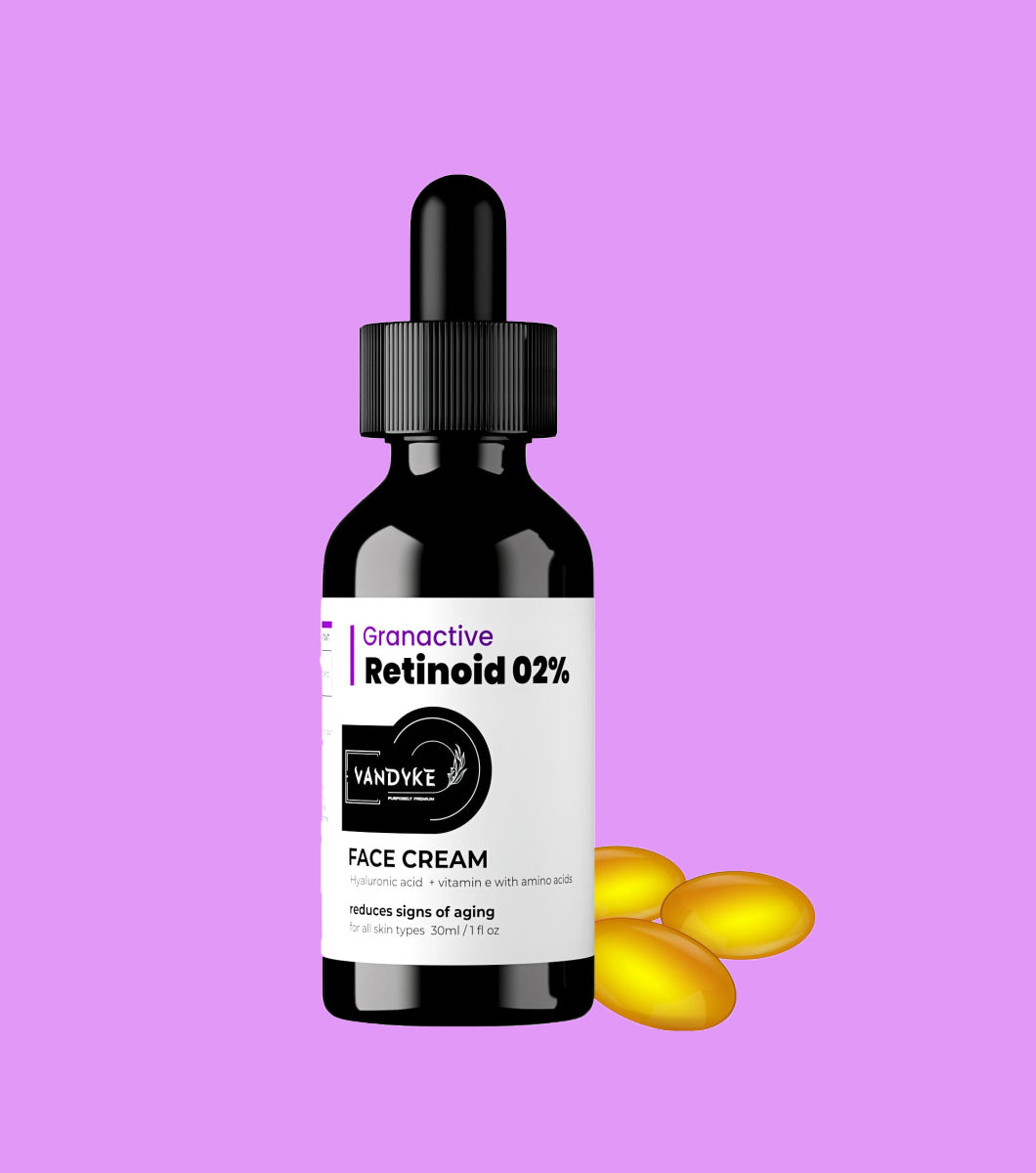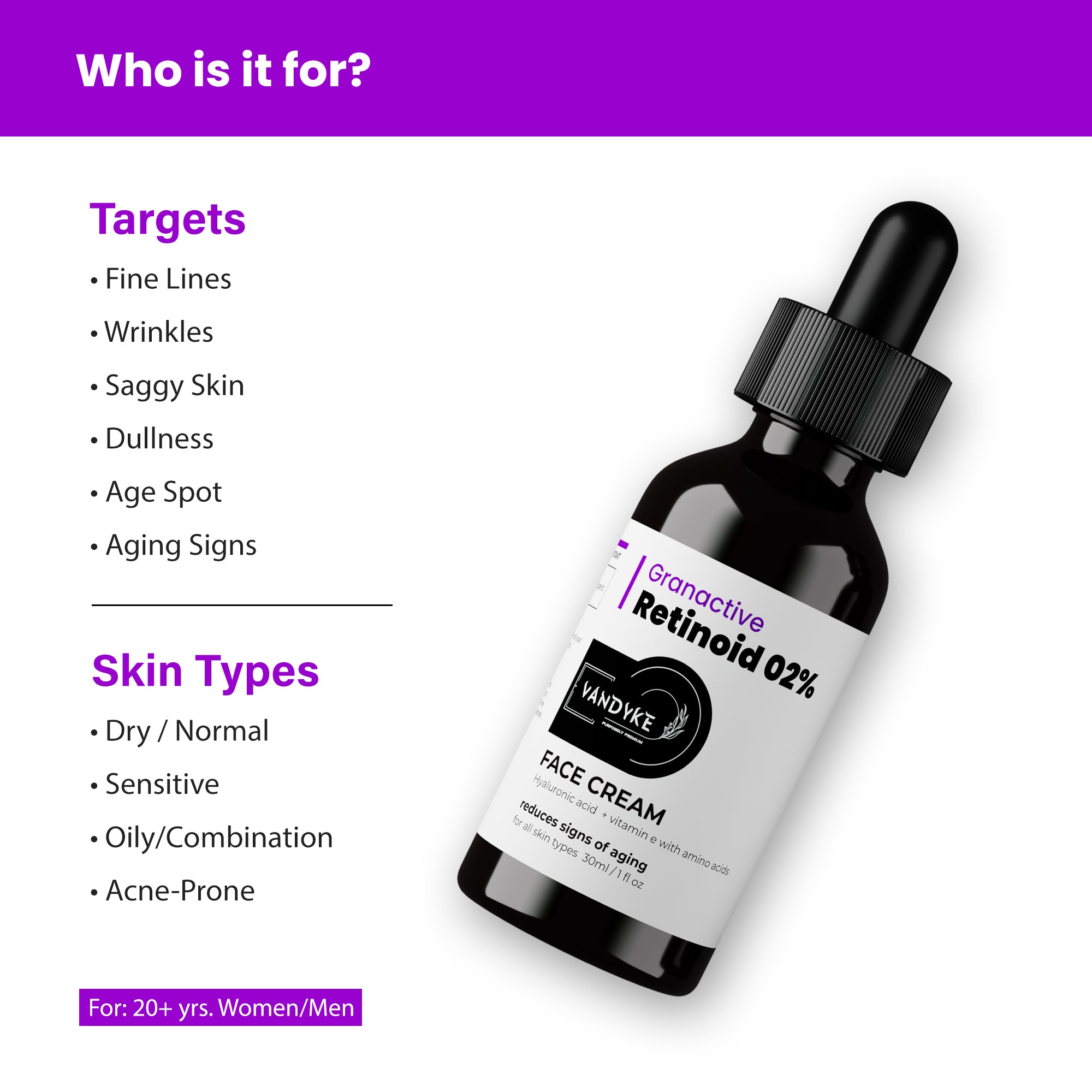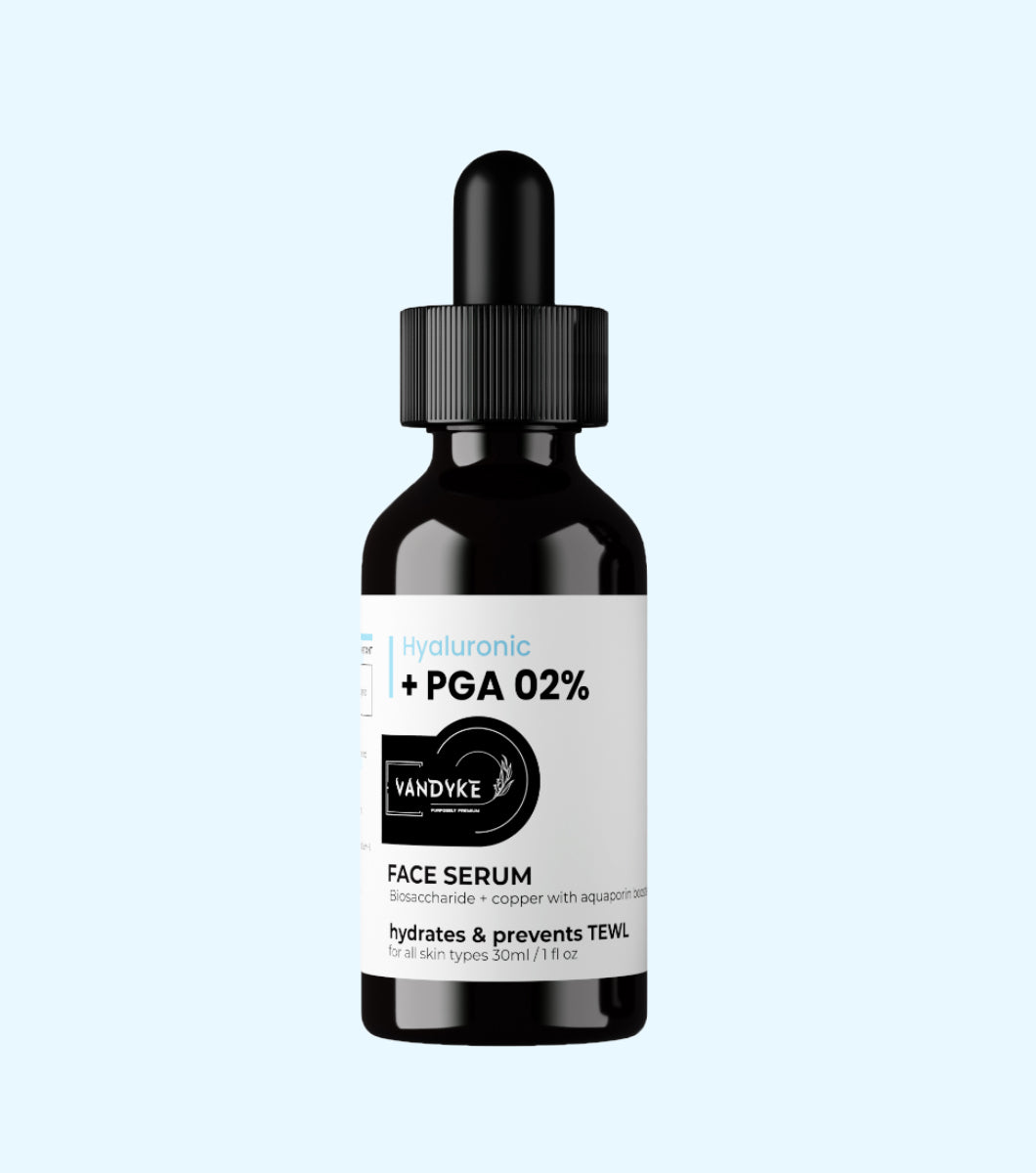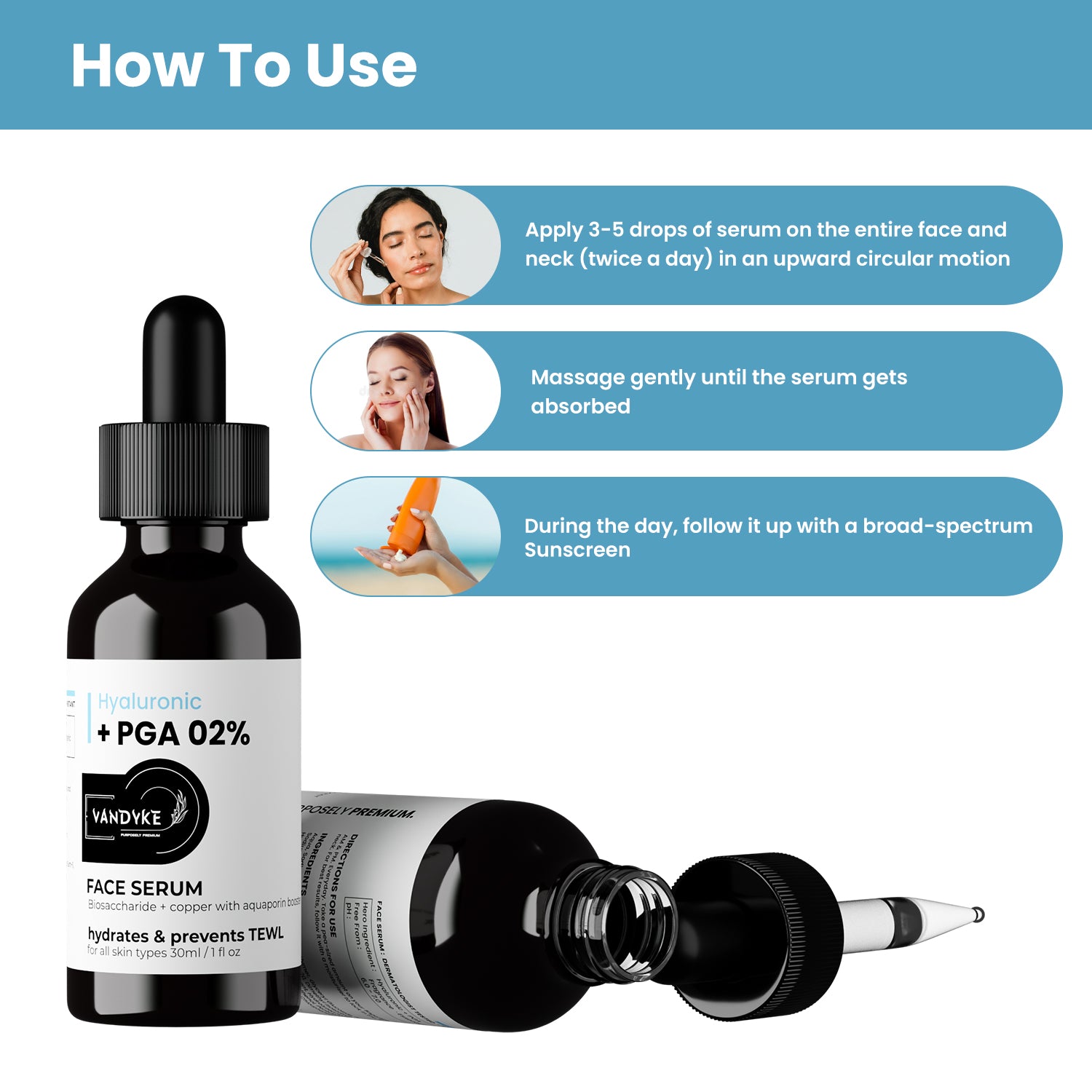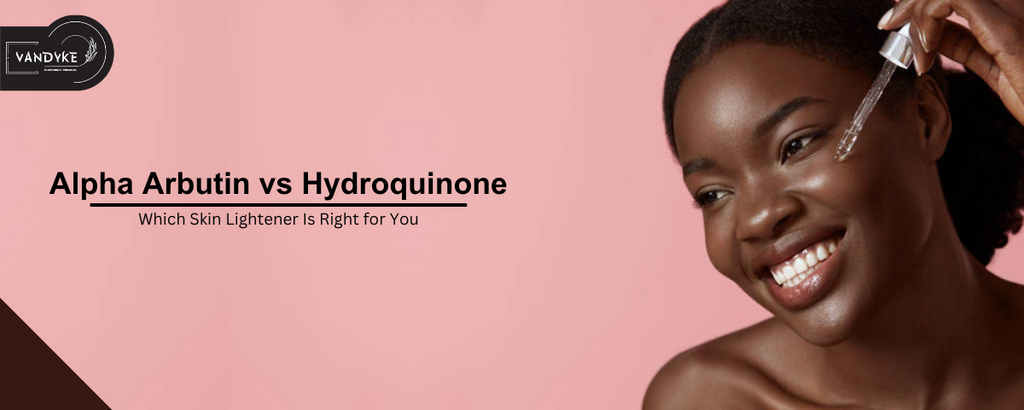
Alpha Arbutin vs Hydroquinone Which Skin Lightener Is Right for You

Alpha Arbutin vs Hydroquinone Which Skin Lightener Is Right for You?
Alpha Arbutin vs Hydroquinone: Skin lightening is a skincare technique that is used to reduce the appearance of hyperpigmentation, dark patches, and uneven skin tone. Alpha arbutin and hydroquinone are two common compounds renowned for their skin lightening qualities. These ingredients operate by preventing melanin formation in the skin, resulting in a more even complexion. They do, however, have different traits and considerations. Vandyke will compare alpha arbutin and hydroquinone in this article to help you pick which skin lightener is best for you.
What is Alpha Arbutin?
Alpha arbutin is a natural chemical found in plants such as bearberry, cranberries, and blueberries. It’s a glycoside, which means it has a sugar (glucose) molecule connected to a hydroquinone molecule. The capacity of alpha arbutin to suppress tyrosinase, an enzyme responsible for melanin formation in the skin, is well documented. As a result, it is a beneficial component for minimising the appearance of dark spots, melasma, and hyperpigmentation. Alpha arbutin is thought to be a safer alternative to hydroquinone, with fewer adverse effects.
The Benefits of Alpha Arbutin
- Skin Lightening
Alpha arbutin efficiently diminishes the appearance of dark spots and hyperpigmentation, resulting in more uniform skin tone.
- Gentle on Skin
It is less likely to cause irritation, making it suitable for individuals with sensitive skin.
- Melasma Treatment
Melasma, a skin disorder characterised by brown or gray-brown spots on the face, is frequently treated with alpha arbutin.
If you are looking for a good product containing Alpha Arbutin then you can choose vandyke Alpha Arbutin 02% face serum for your skin.
What is Hydroquinone?
Hydroquinone is a synthetic chemical that has long been utilised in skincare products. It’s well-known for its skin-lightening qualities and is available in both over-the-counter and prescription-strength forms. Hydroquinone acts by decreasing the activity of melanocytes, the cells that produce melanin. It is quite successful in treating hyperpigmentation of several types, including post-inflammatory hyperpigmentation (PIH), sunspots, and melasma. However, concerns have been raised about hydroquinone’s possible adverse effects, particularly when administered in high quantities or over lengthy periods of time.
The Benefits of Hydroquinone
- Effective Skin Lightening
Hydroquinone is one of the most powerful ingredients for lightening skin tone and eliminating hyperpigmentation.
- Treatment for Stubborn Pigmentation
It can treat more severe hyperpigmentation instances that may not respond to gentler substances.
- Fast Results
Hydroquinone frequently produces apparent outcomes after only a few weeks of treatment.
Comparing Alpha Arbutin and Hydroquinone
Skin Type Compatibility:
- Alpha Arbutin
Alpha Arbutin 02% is a feasible option for most skin types, owing to its exceptional adaptability. Its low irritability makes it particularly appealing to people with sensitive skin, since it provides a softer option.
- Hydroquinone
While hydroquinone can be beneficial for treating hyperpigmentation, it may not be suitable for people who have sensitive or easily irritated skin. A patch test is commonly advised to determine tolerance.
Safety Profile:
- Alpha Arbutin
Alpha Arbutin is widely considered as a safe alternative, with a reduced chance of adverse effects than Hydroquinone. Users often report less irritation or discomfort, as well as a lower risk of rebound hyperpigmentation.
- Hydroquinone
Although possibly useful, hydroquinone is coupled with an increased risk of adverse effects. These can include skin dryness, redness, and, in rare circumstances, ochronosis, which causes bluish-black skin pigmentation when used excessively or without medical supervision.
Treatment Duration:
- Alpha Arbutin
Patience is essential while using Alpha Arbutin 02% since it gives a more progressive approach to reducing hyperpigmentation. It may take longer to see noticeable benefits, giving it an option for people who want a lengthier treatment approach.
- Hydroquinone
Hydroquinone often produces faster effects, making it a popular choice for people seeking speedy hyperpigmentation treatment. However, long-term usage must be monitored and a dermatologist should be consulted.
Availability:
- Alpha Arbutin
Alpha Arbutin 02% can be found in a variety of skincare products, including serums, creams, and lotions. It is frequently used as a main component in formulations intended to treat hyperpigmentation.
- Hydroquinone
Hydroquinone is accessible without a prescription (in lower quantities) and over-the-counter (in greater concentrations). The availability of different strengths allows consumers to personalise their therapy to their unique needs.
Side Effects
- Alpha Arbutin
With the usage of Alpha Arbutin 02%, little side effects have been noted, making it a prefered alternative for people wanting a gentler approach to reduce hyperpigmentation without substantial pain.
- Hydroquinone
Hydroquinone has a higher risk of adverse effects, which might include skin dryness, redness, and, in rare cases, ochronosis. When using Hydroquinone into their skincare regimen, users should take caution and follow precise instructions.
How to Use Alpha Arbutin and Hydroquinone
- Patch Test
Perform a patch test before using any product containing Alpha Arbutin 02% or hydroquinone to verify your skin tolerates the substance.
- Start Slowly
If you’re new to these components, start with lesser concentrations and work your way up as needed.
- Sun Protection
Both alpha arbutin and hydroquinone might make your skin more sensitive to the sun. Use vandyke spf 50 sunscreen for your skin.
- Consult a Dermatologist
Consult a dermatologist if you experience severe hyperpigmentation or have questions regarding the usage of these substances. They can advise you on the best treatment strategy for your skin.
Conclusion
Your skin type, concerns, and preferences will influence your decision between alpha arbutin and hydroquinone. Alpha arbutin is typically regarded as a safer and gentler alternative for treating hyperpigmentation, making it an excellent choice for people with sensitive skin. Hydroquinone, on the other hand, is quite effective but should be taken with caution, ideally under the supervision of a dermatologist. Finally, the best skincare ingredient for you will be determined by your specific skin needs and goals.

